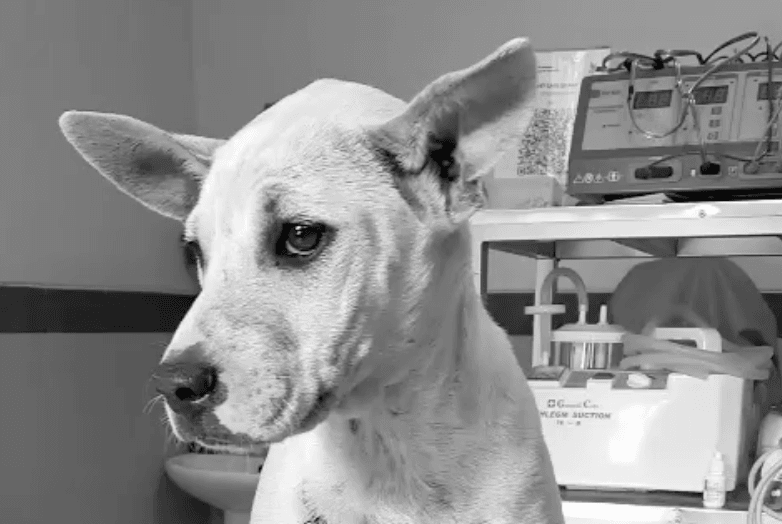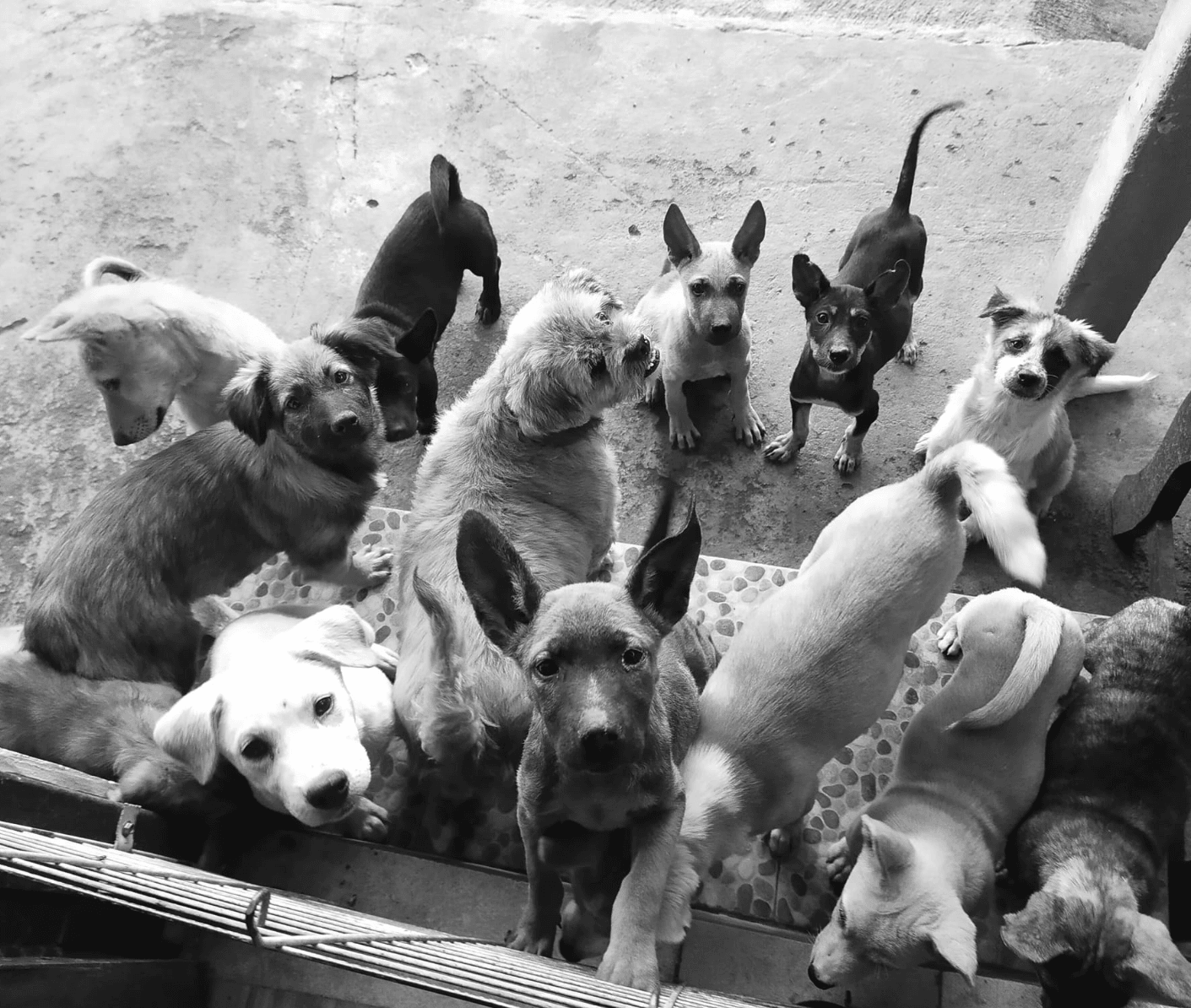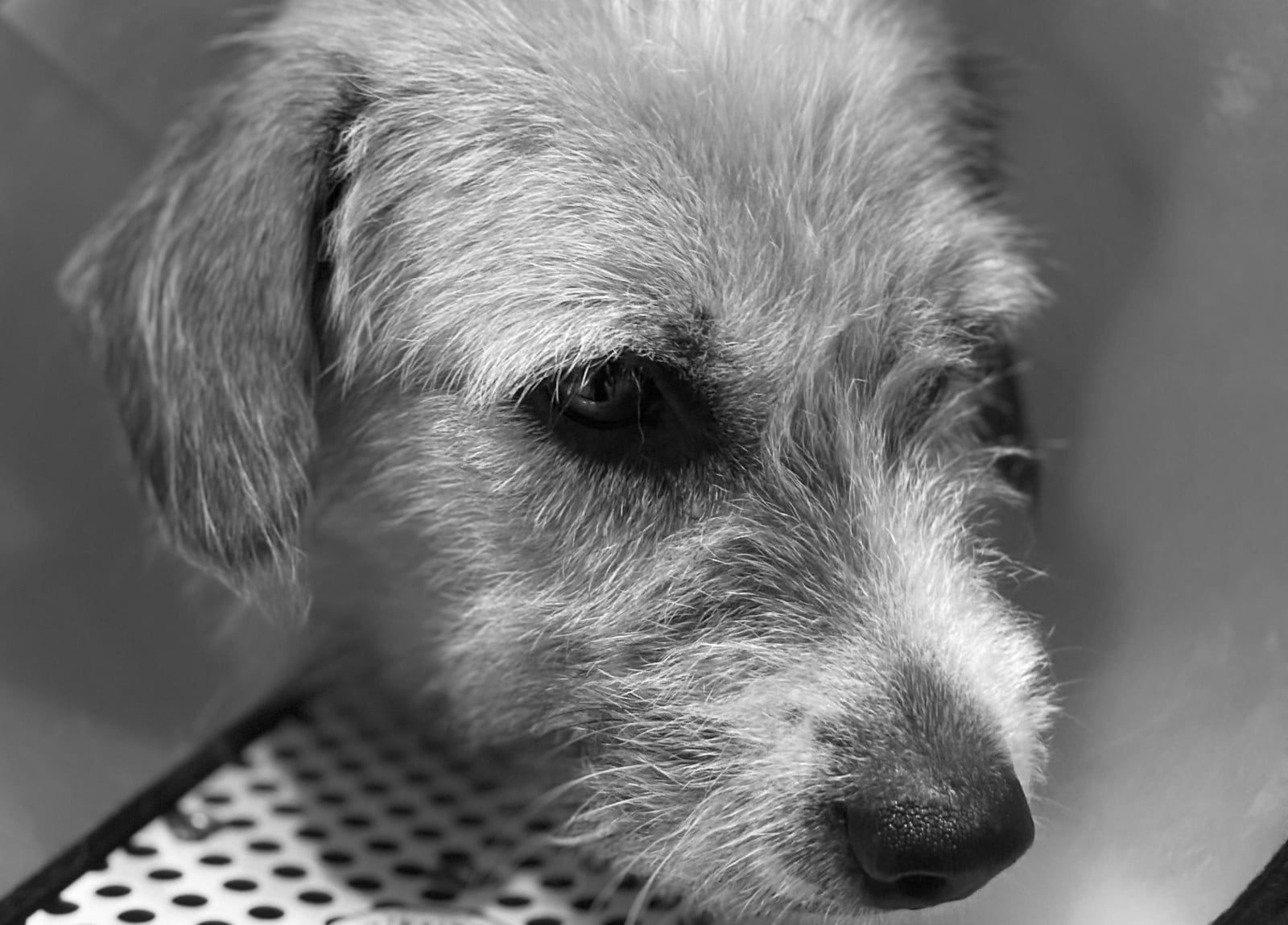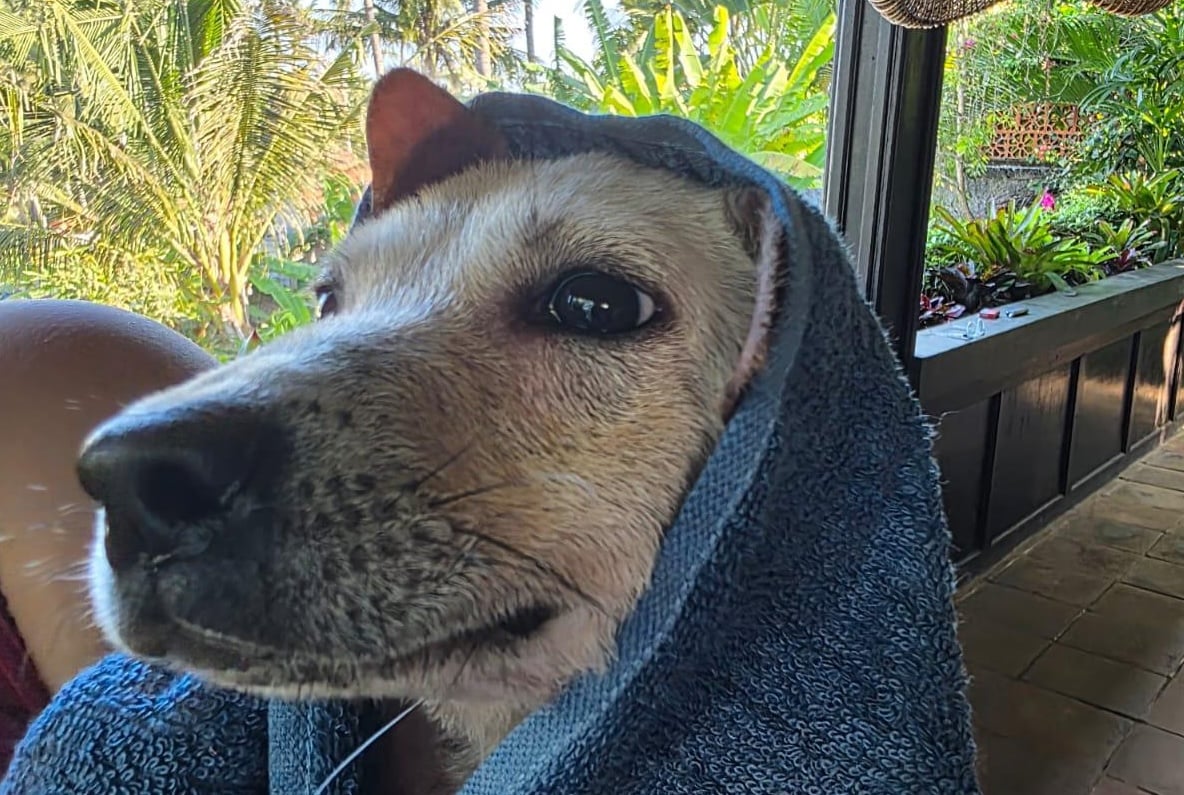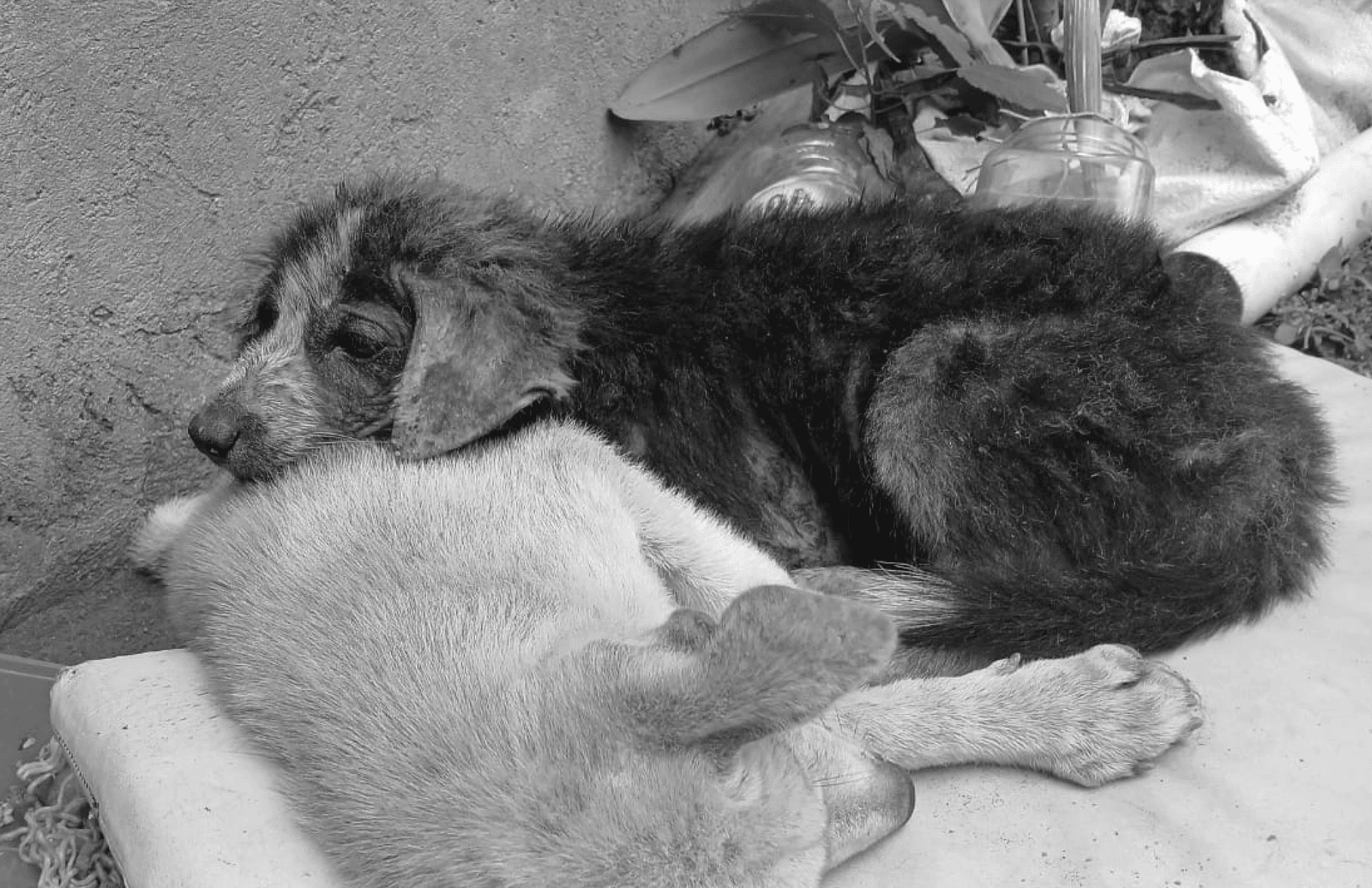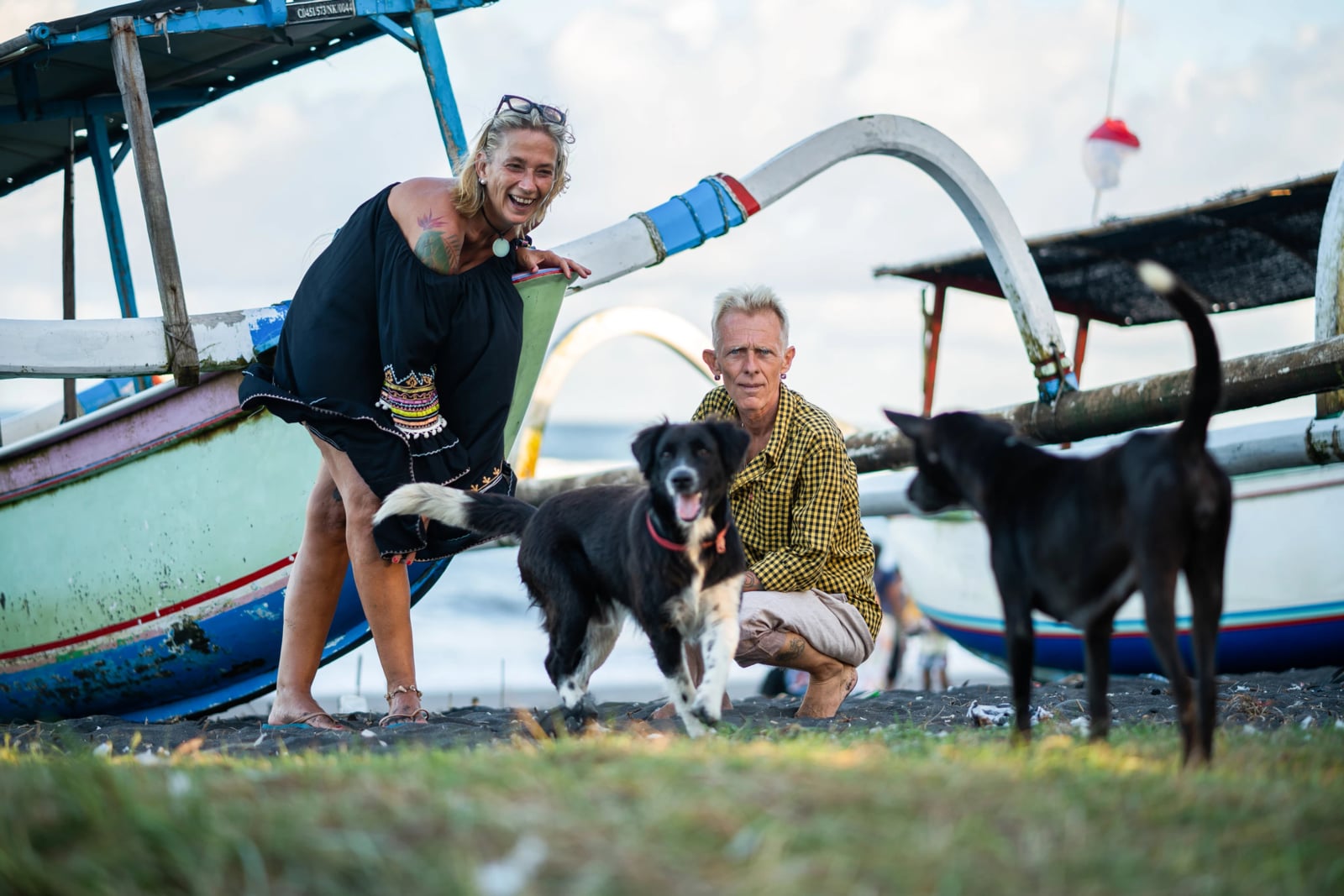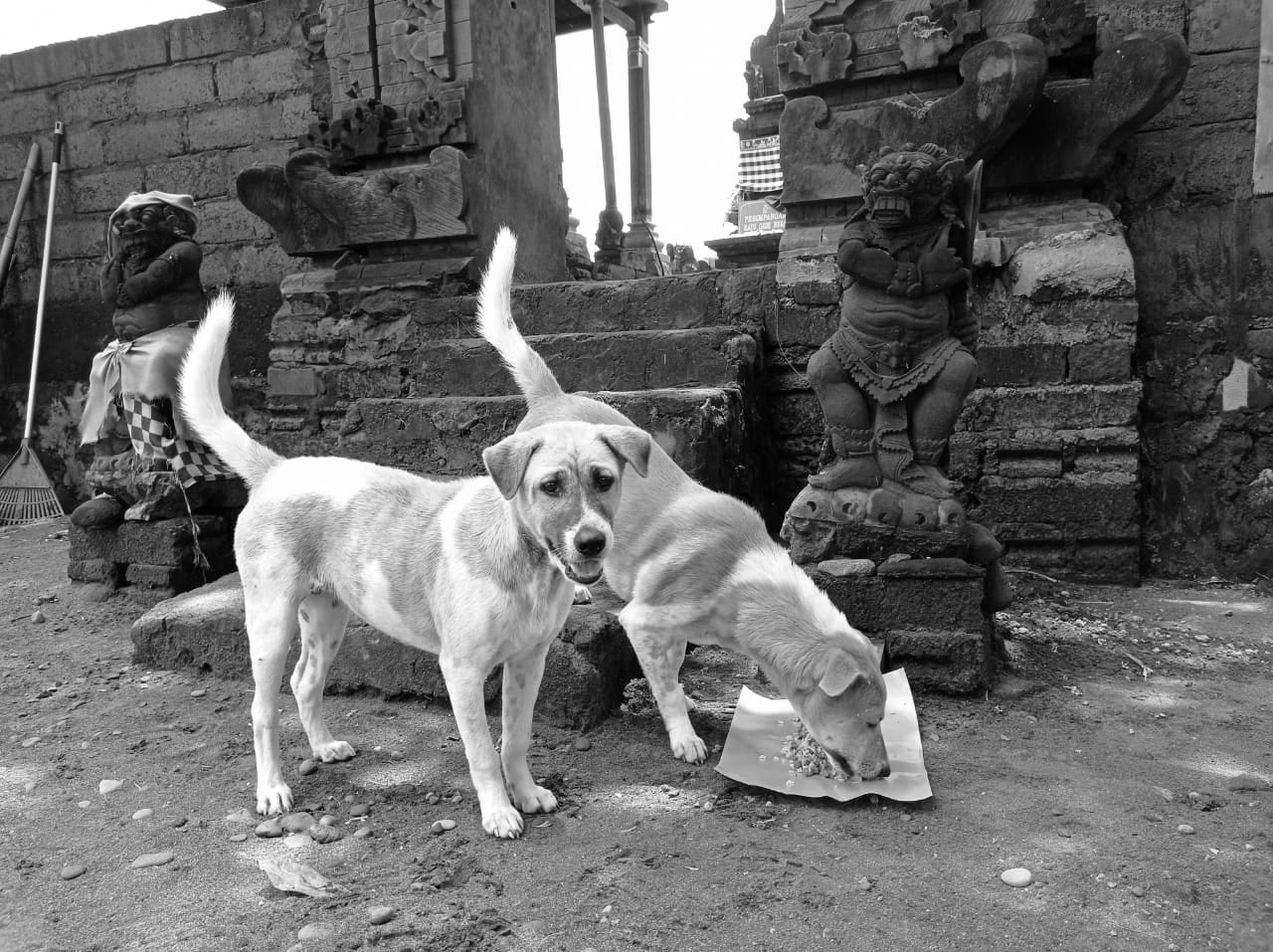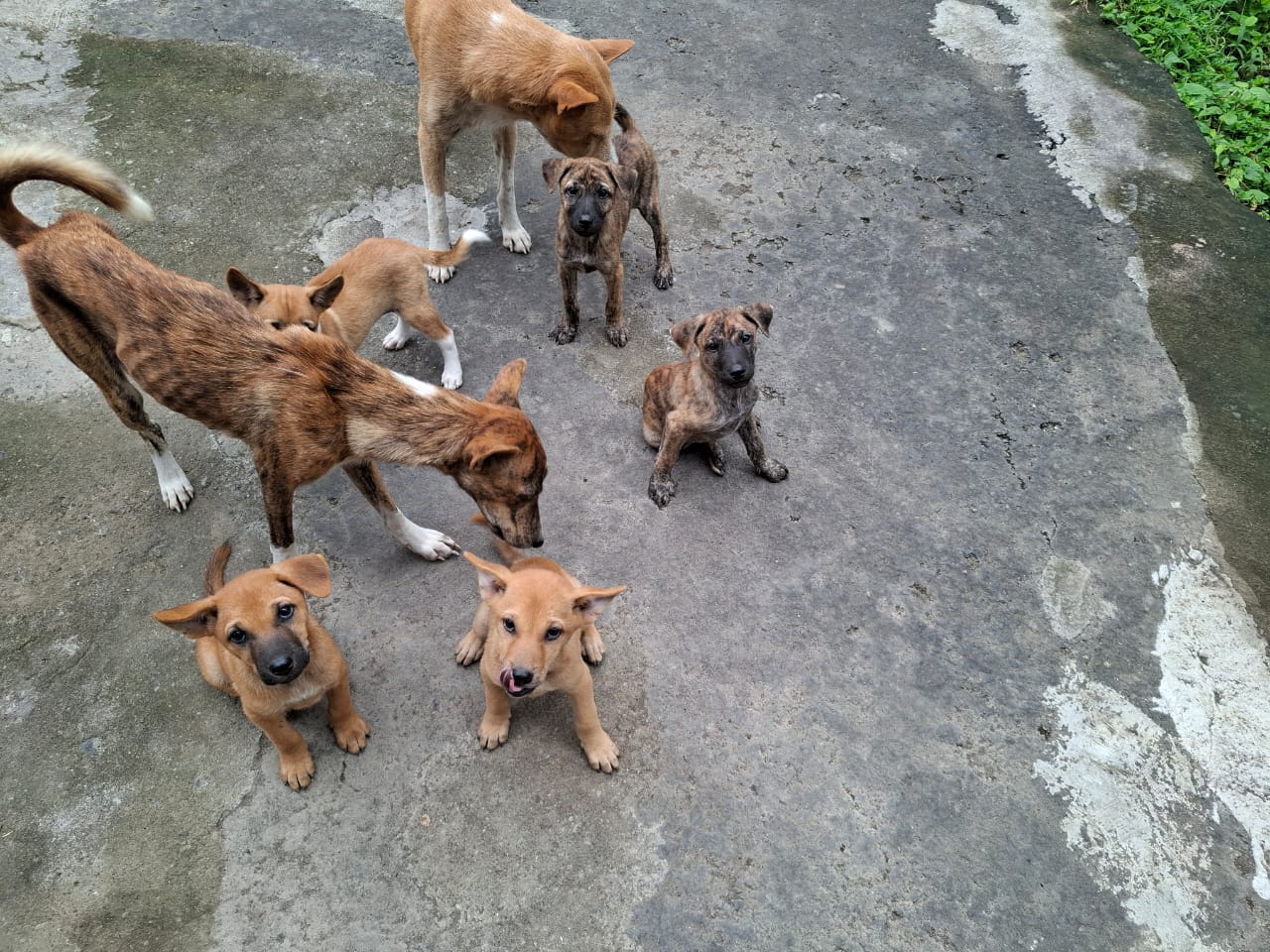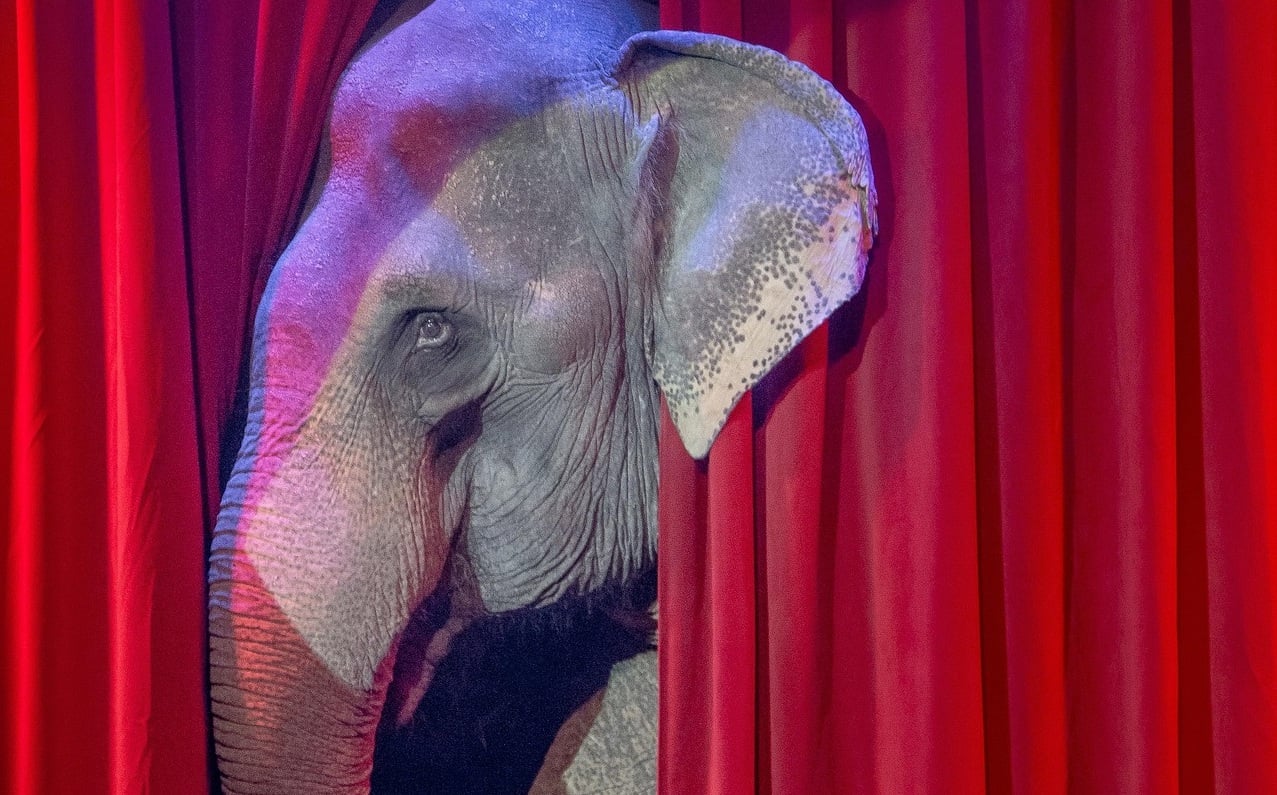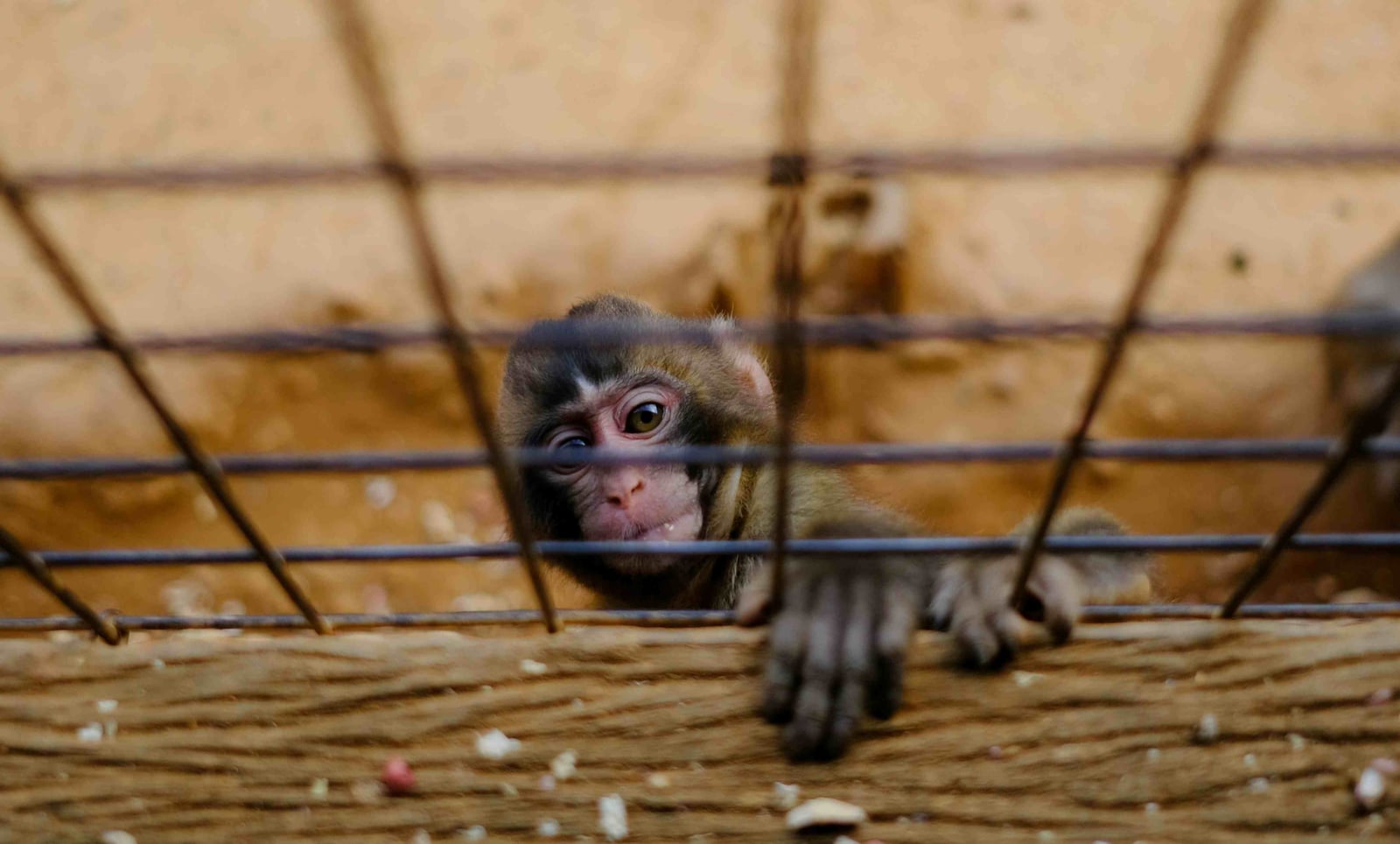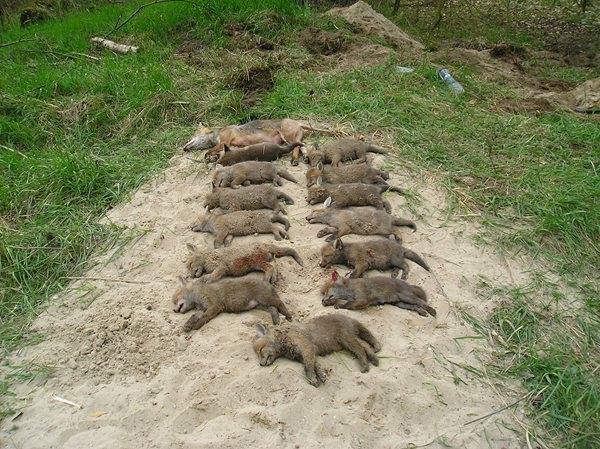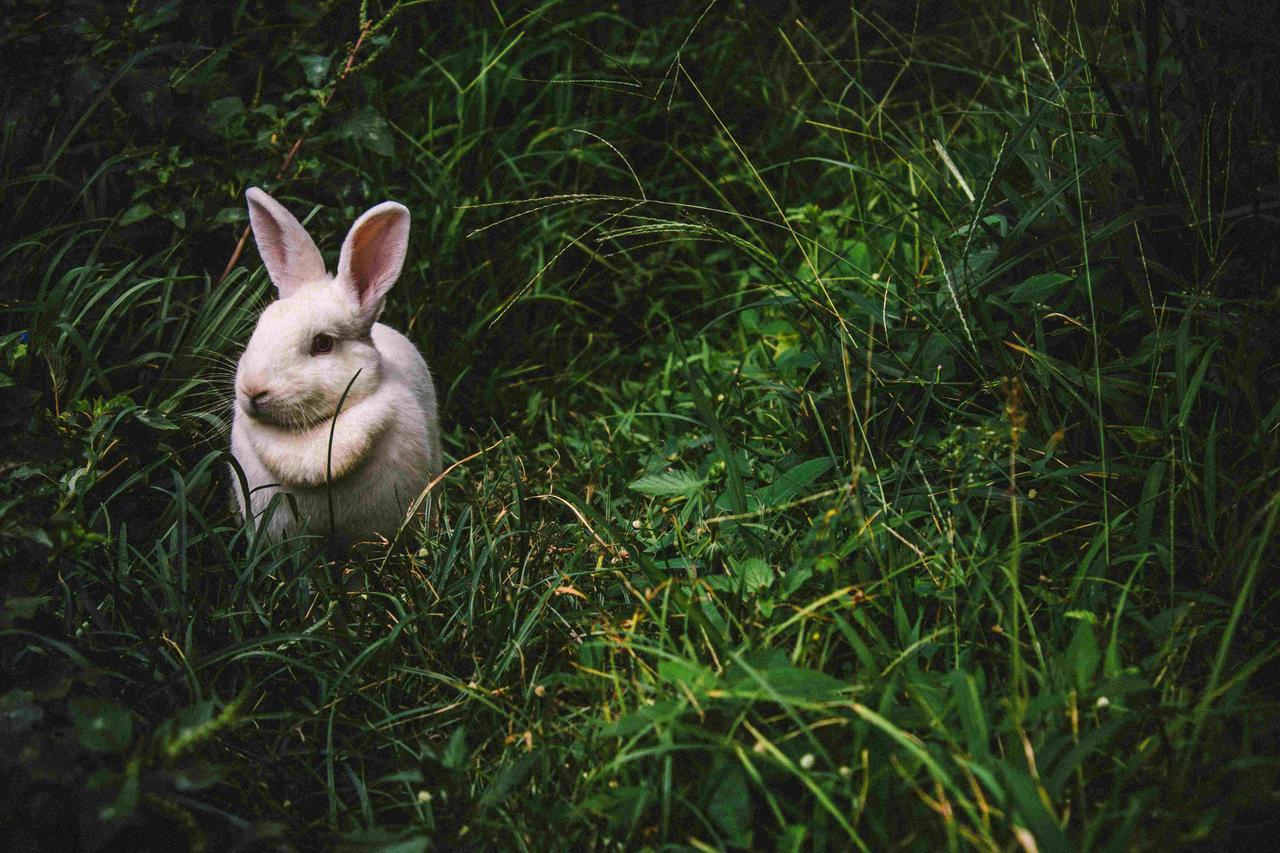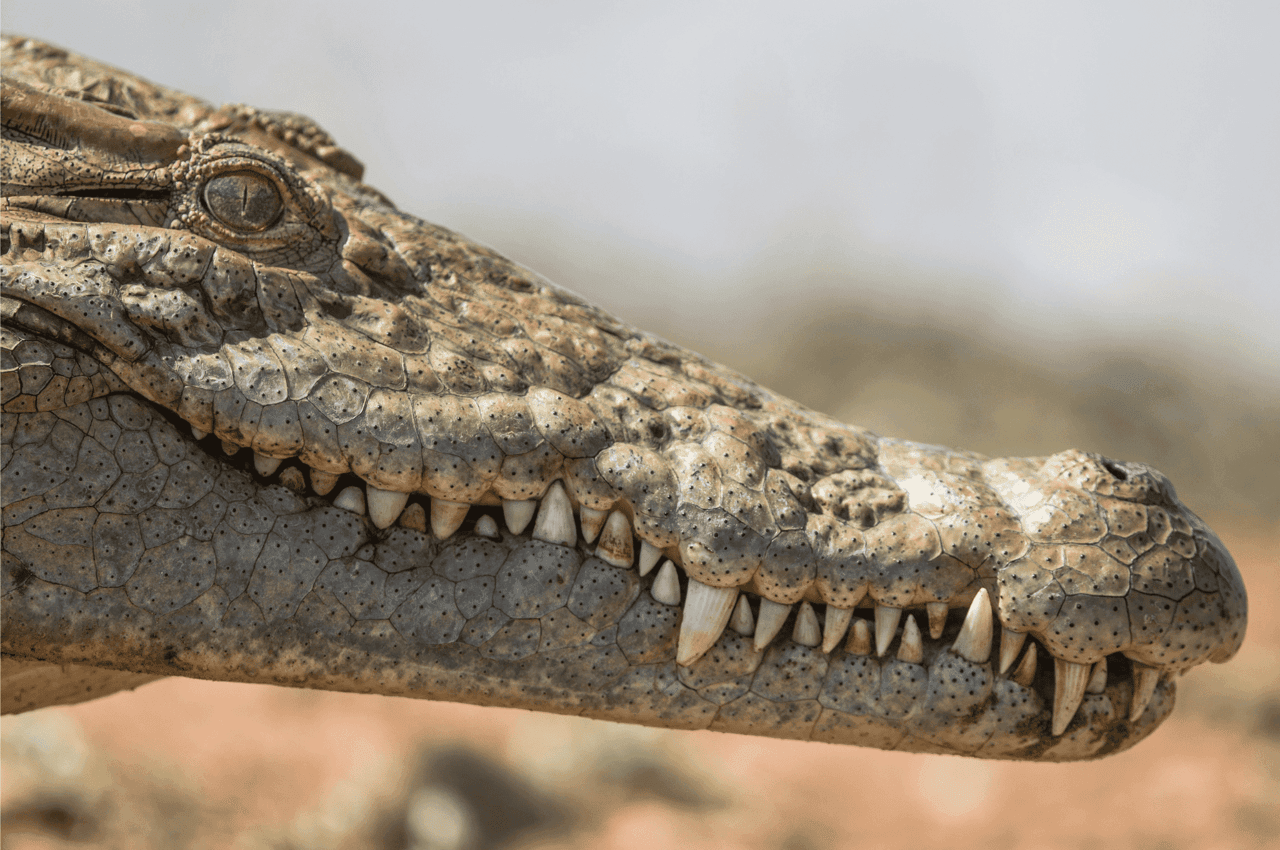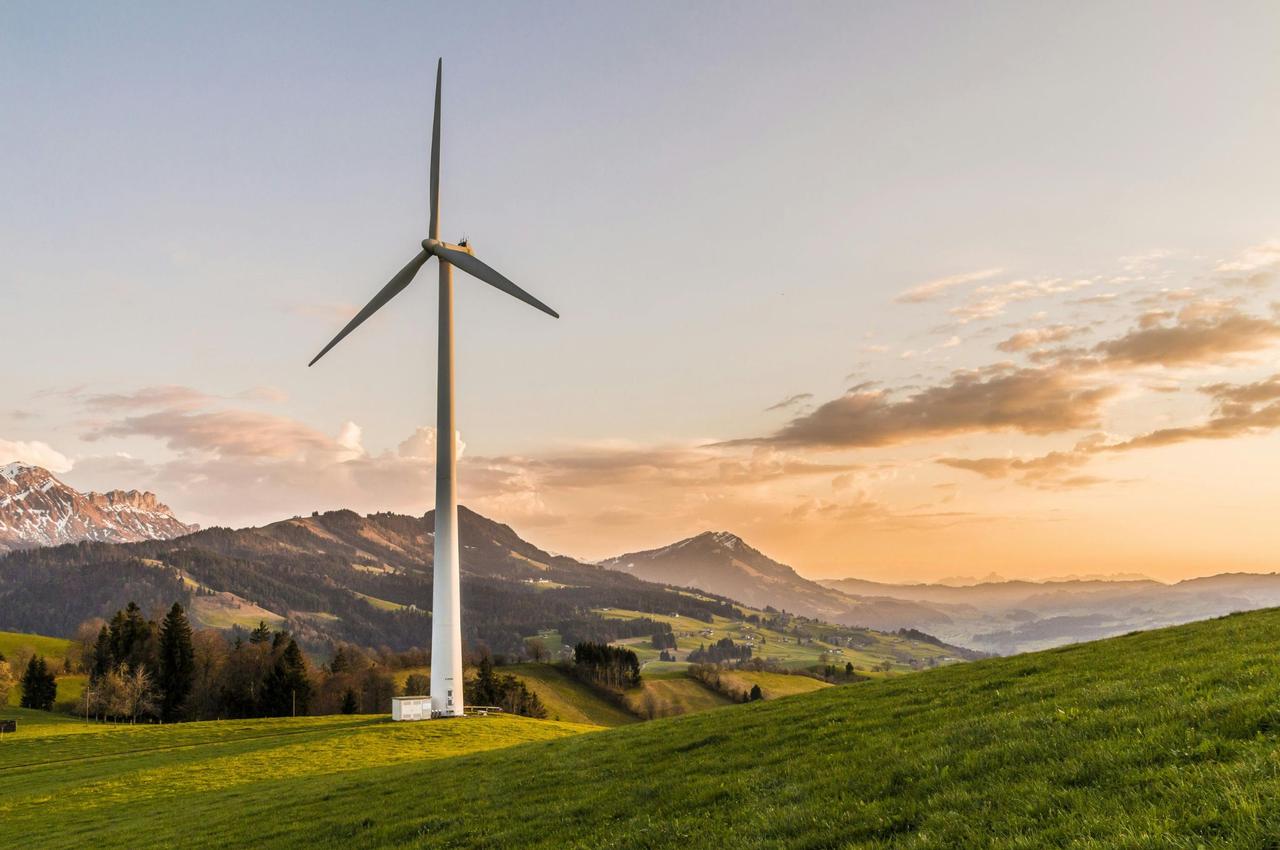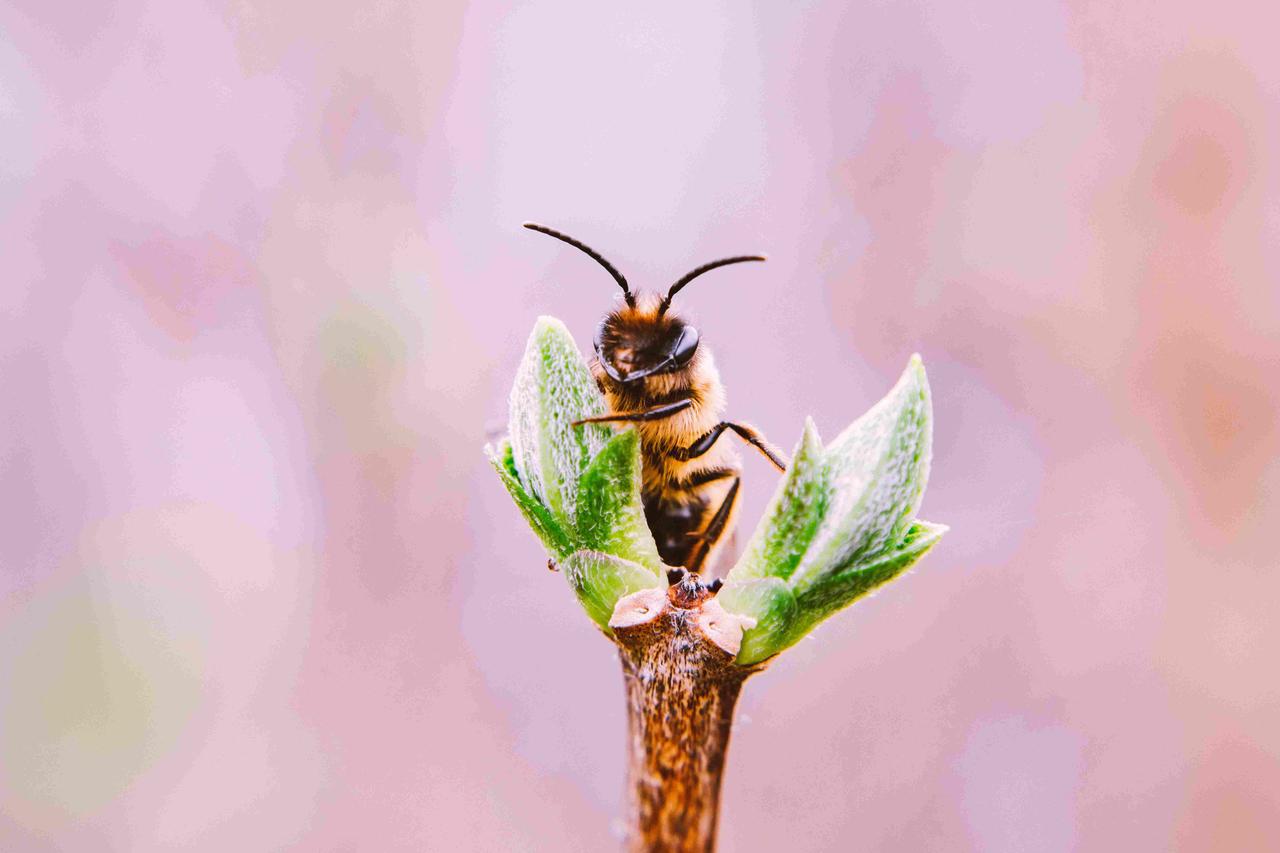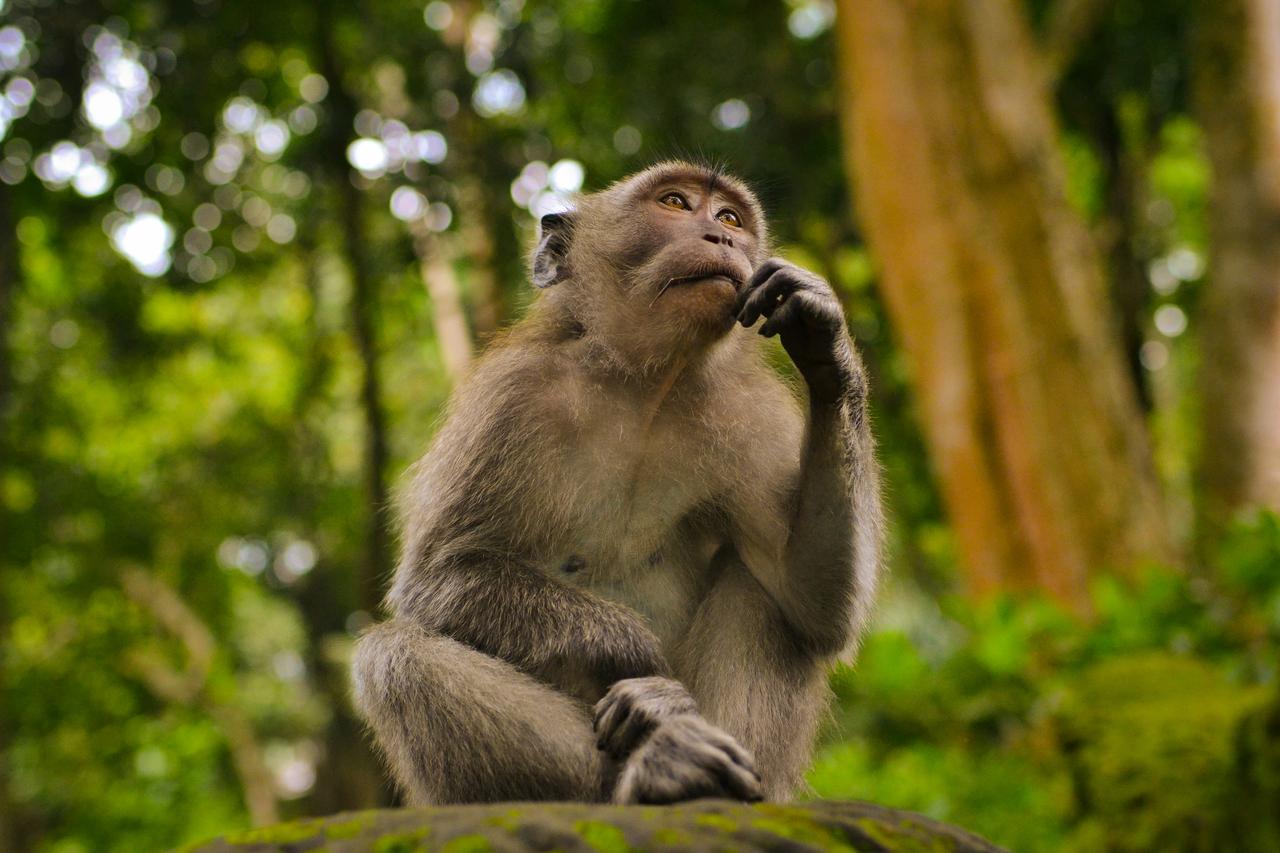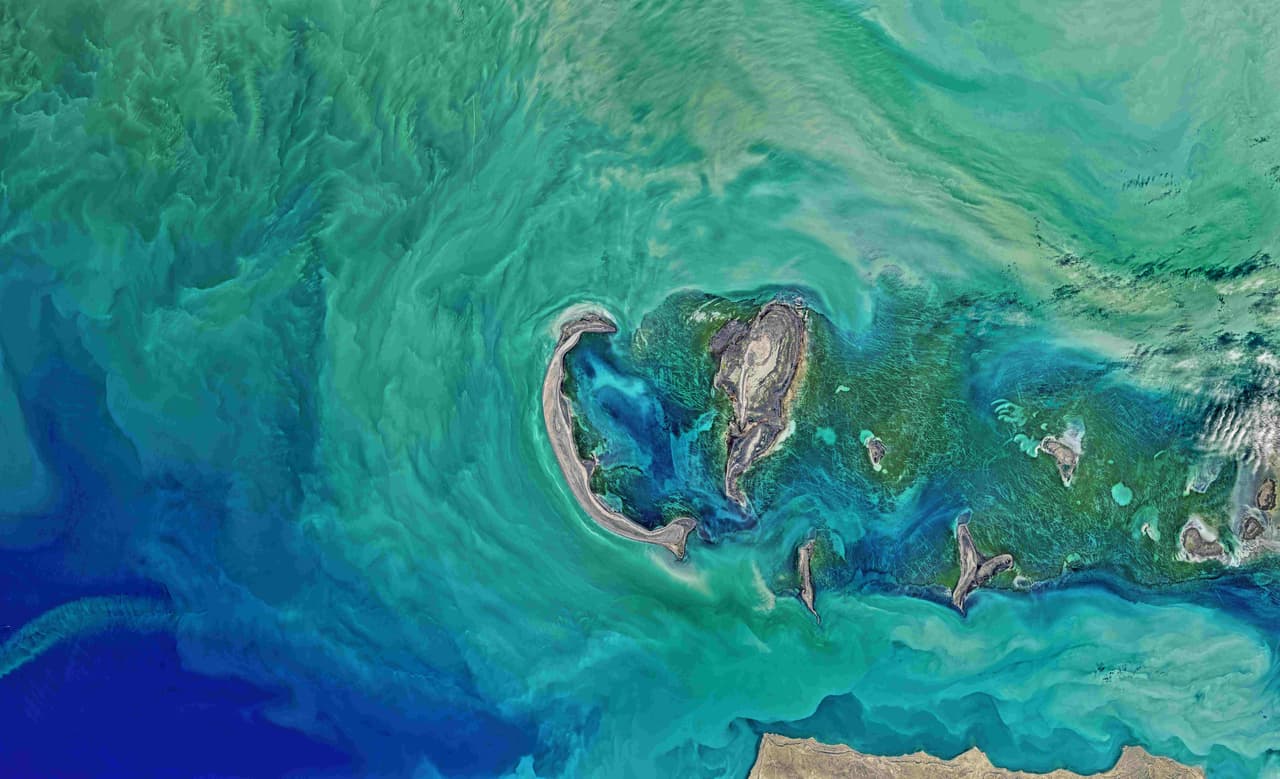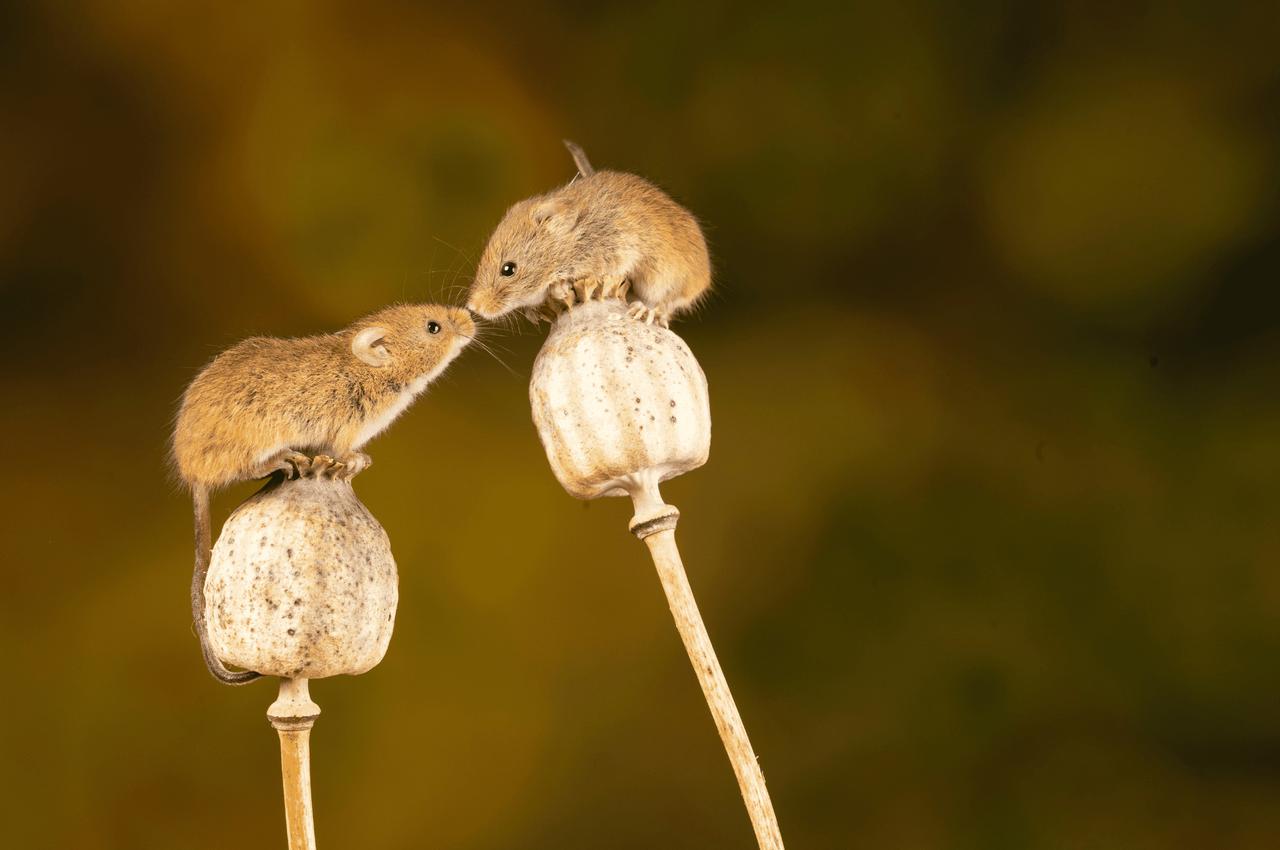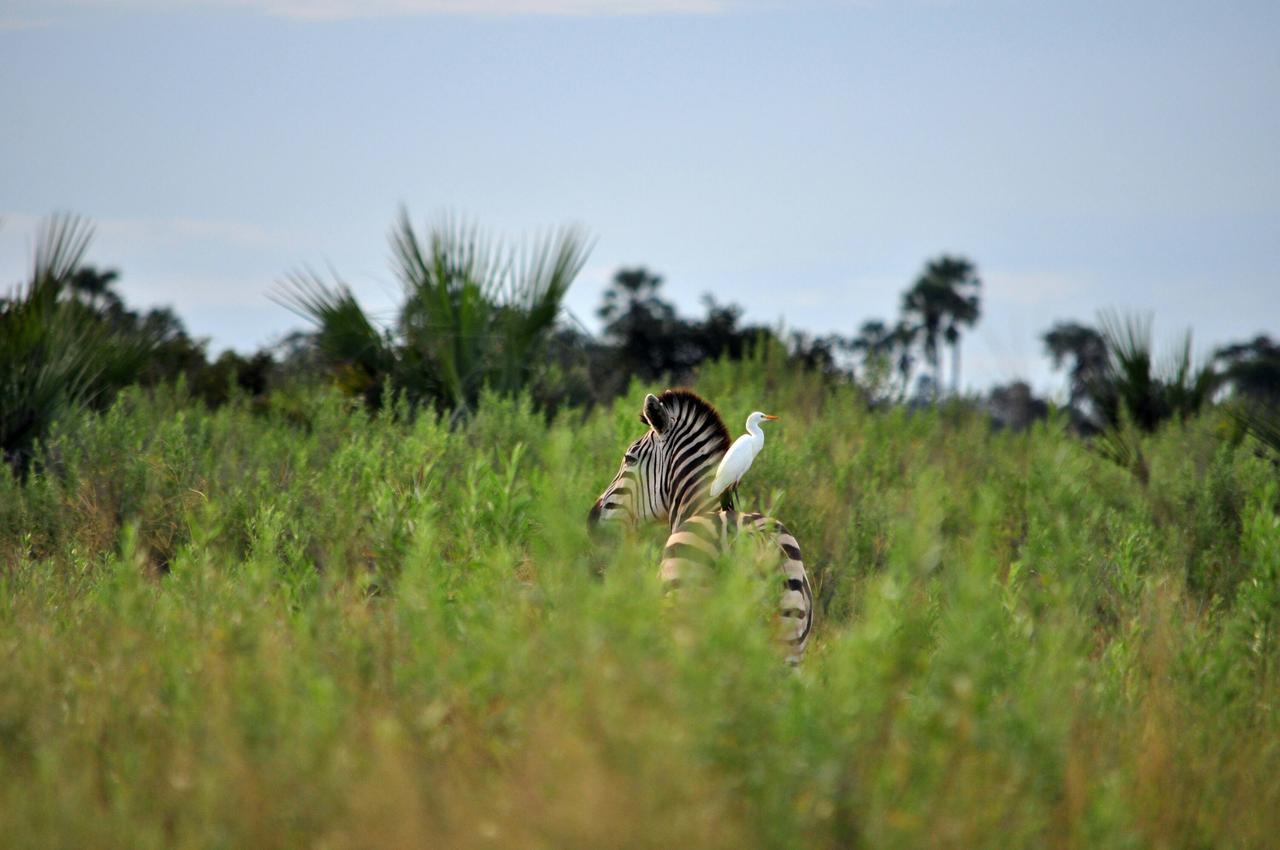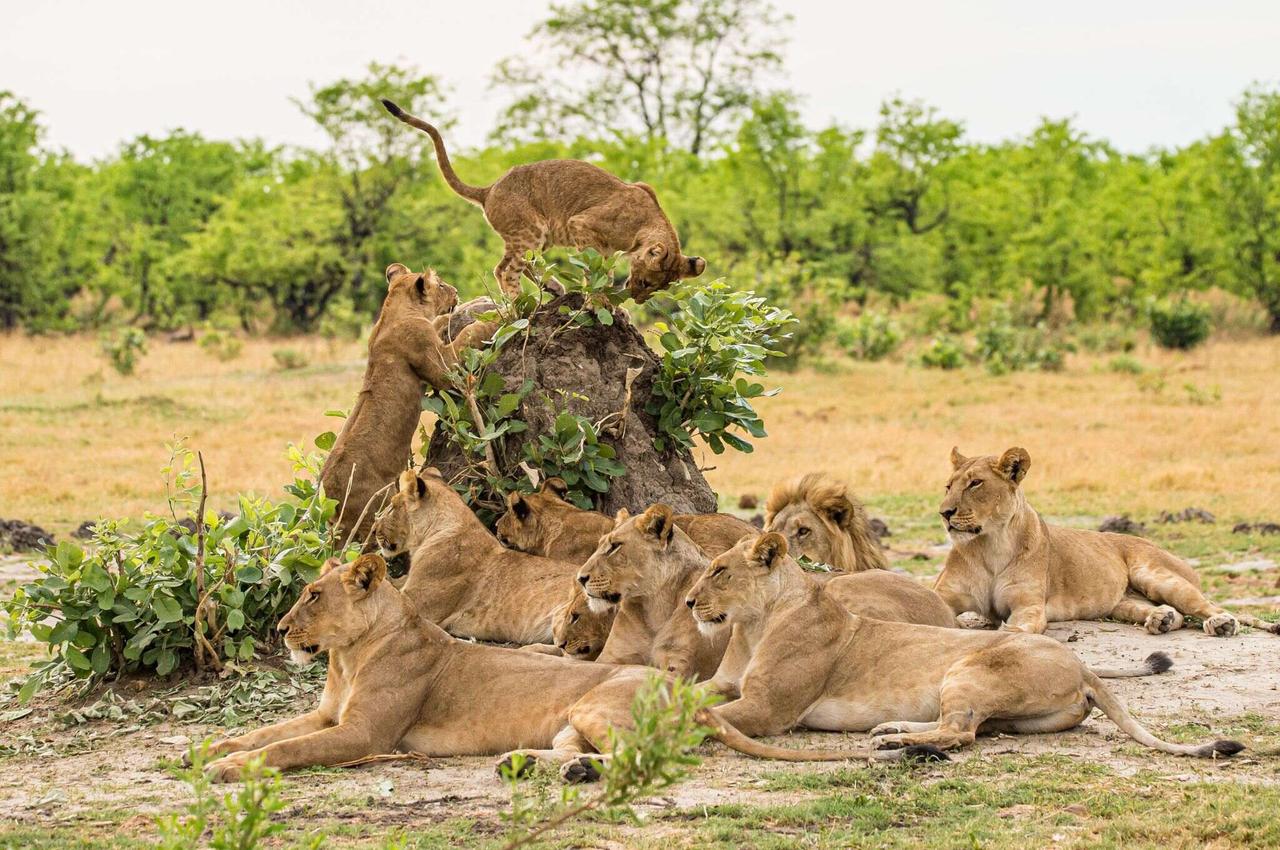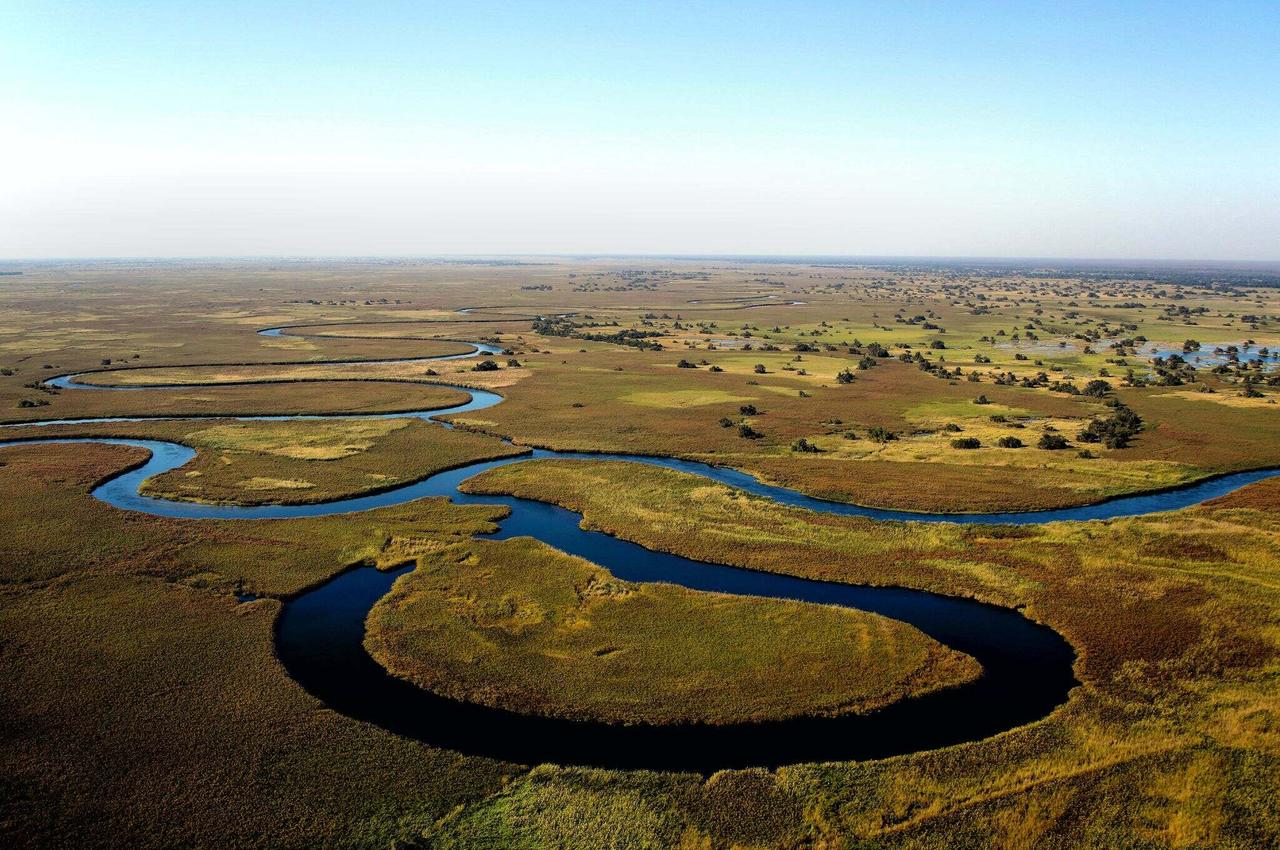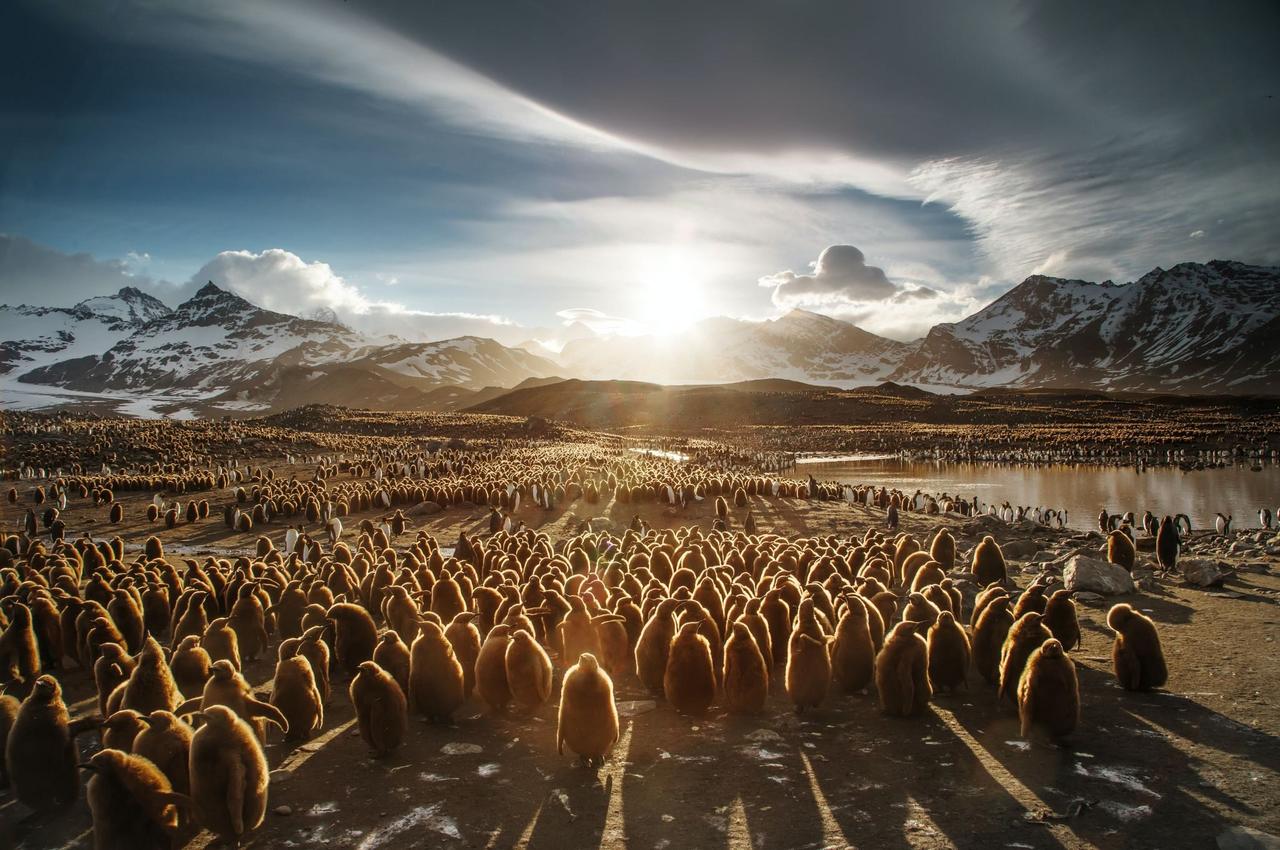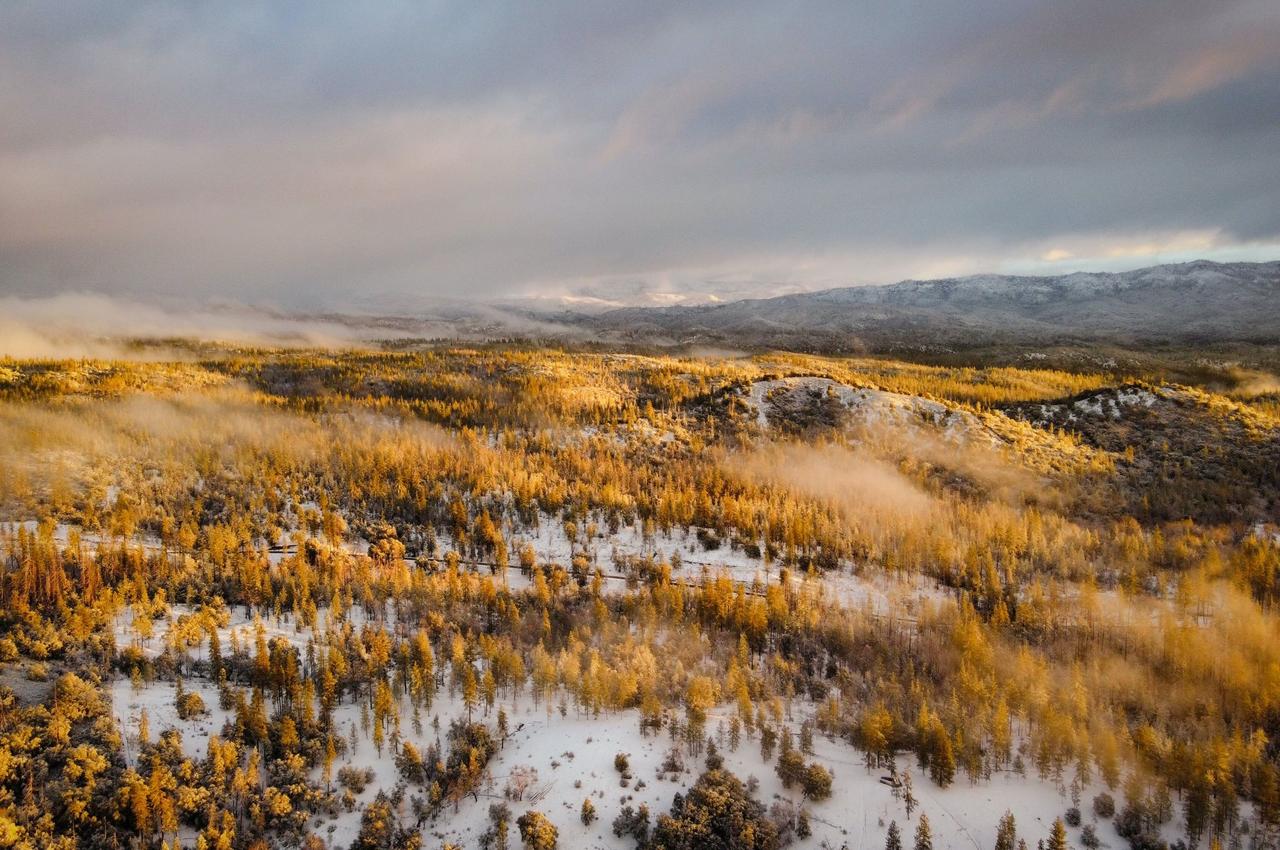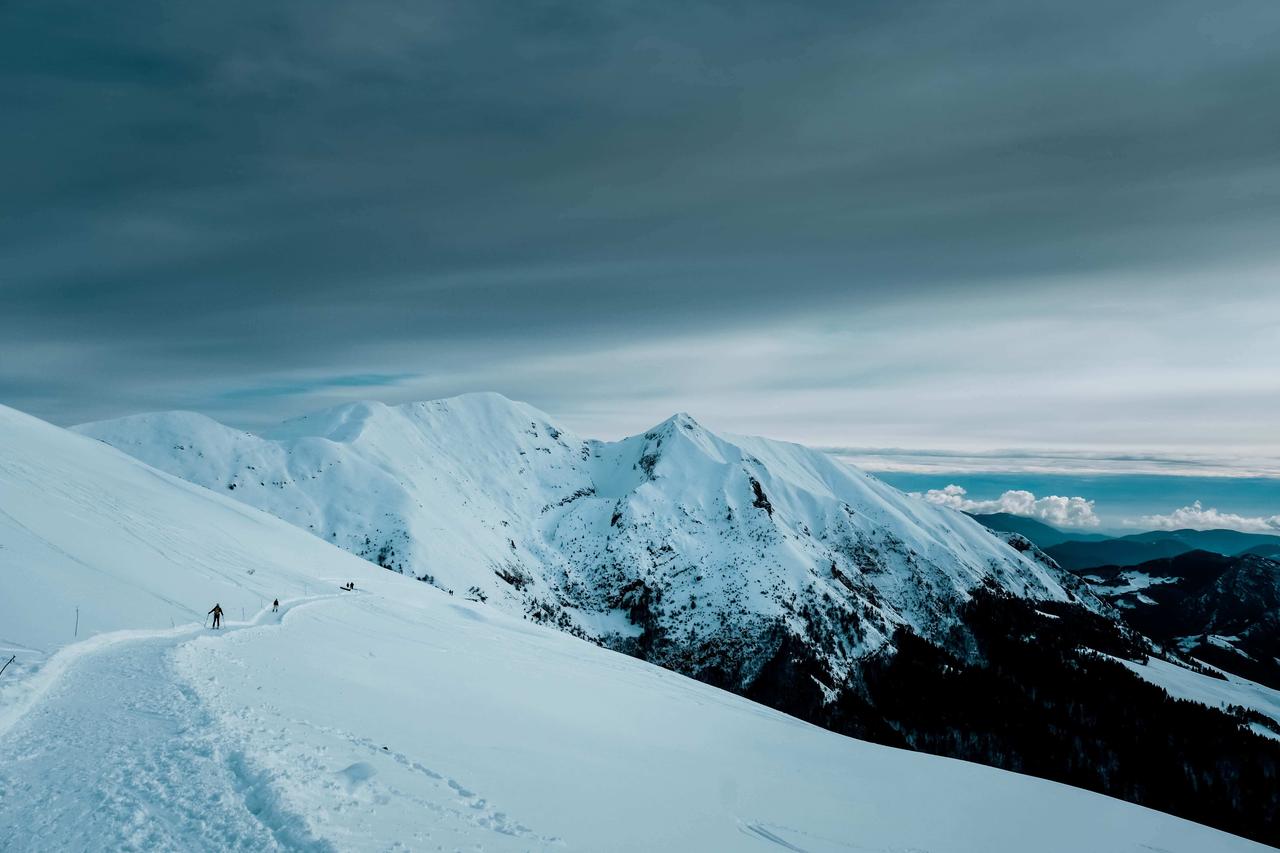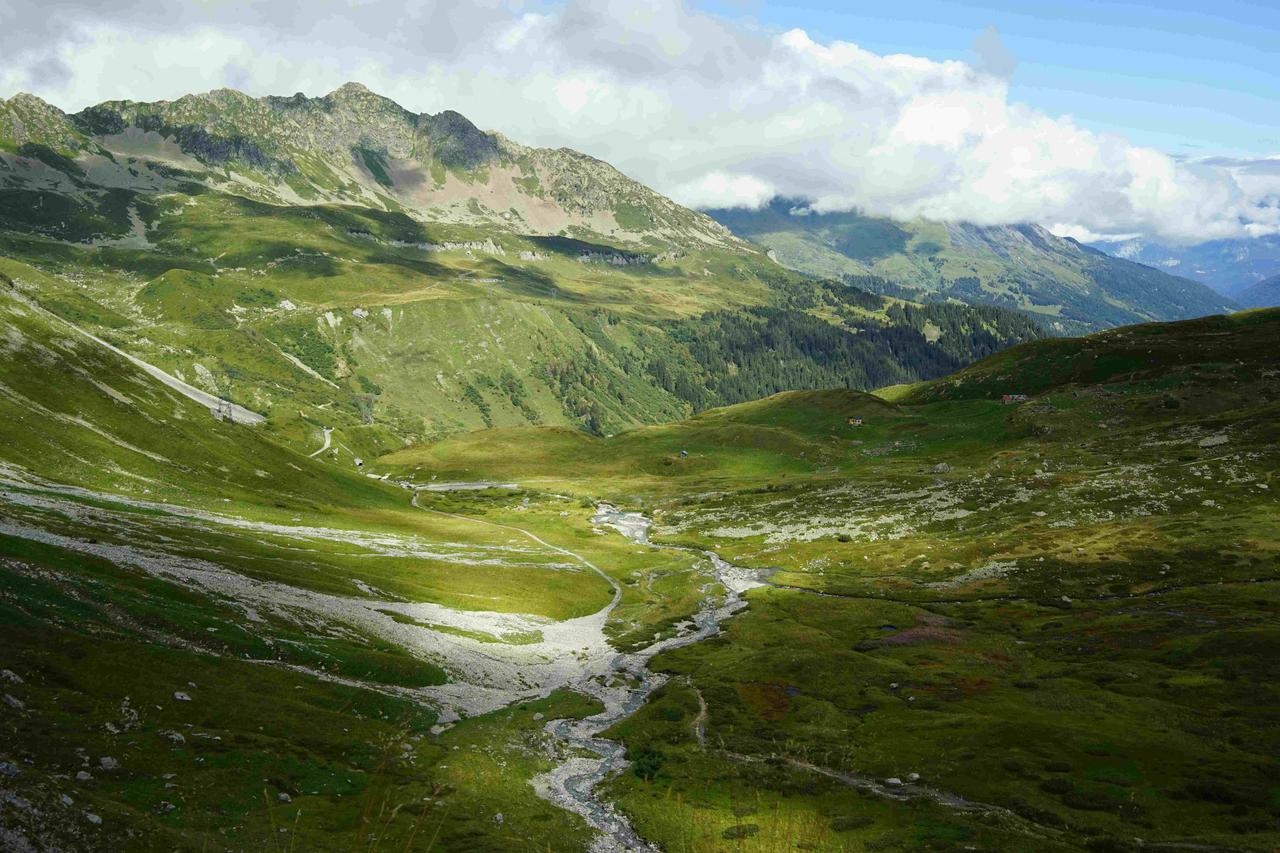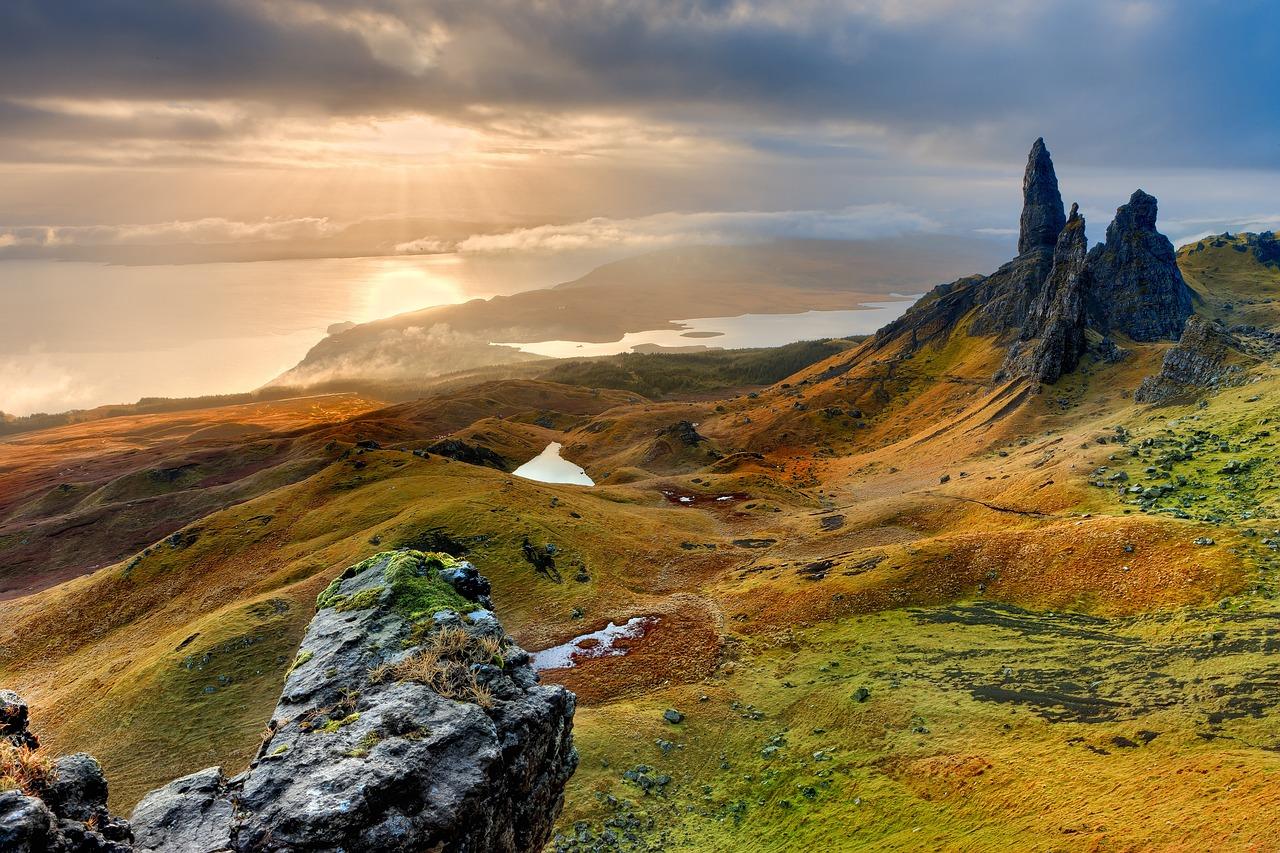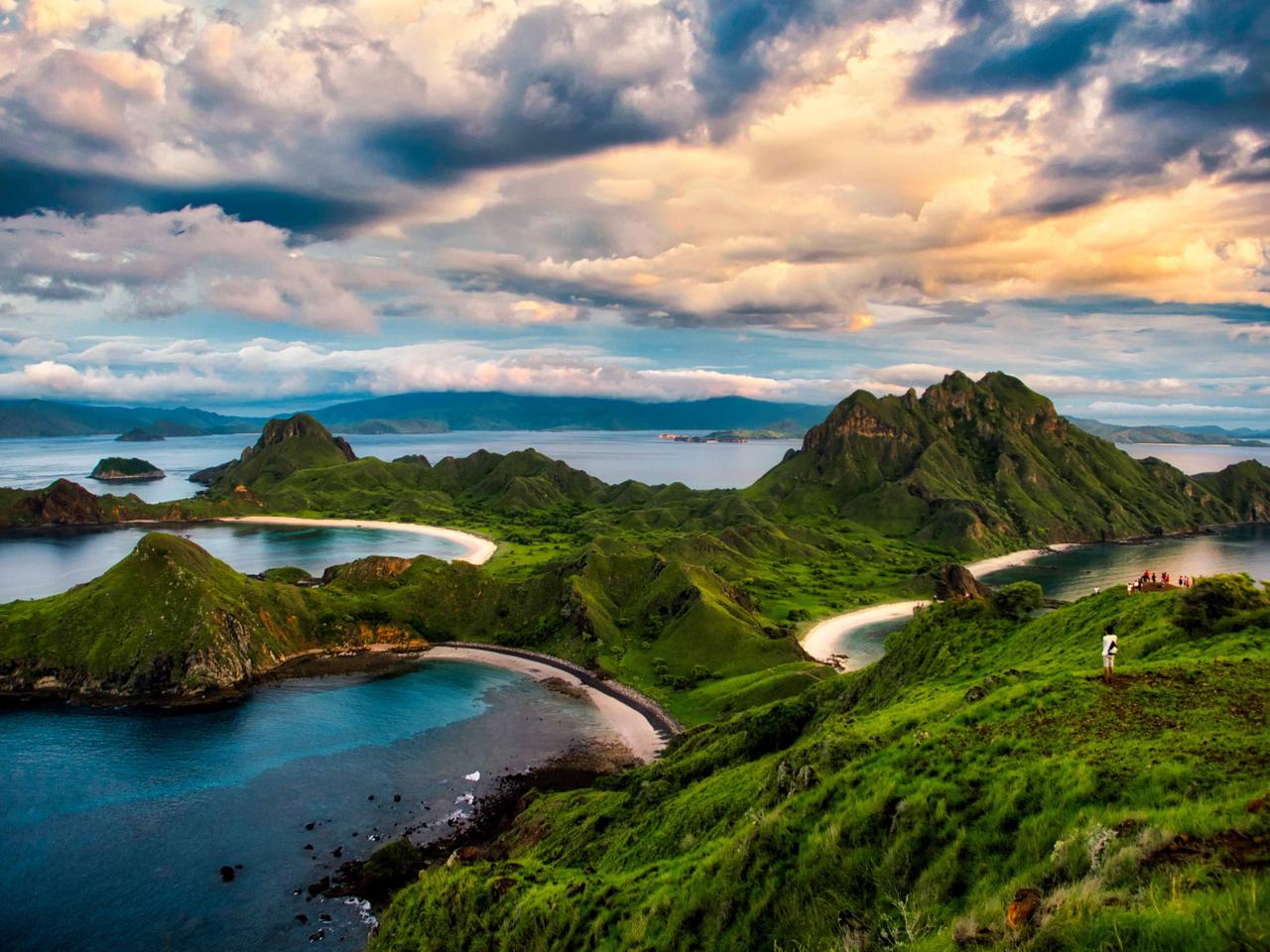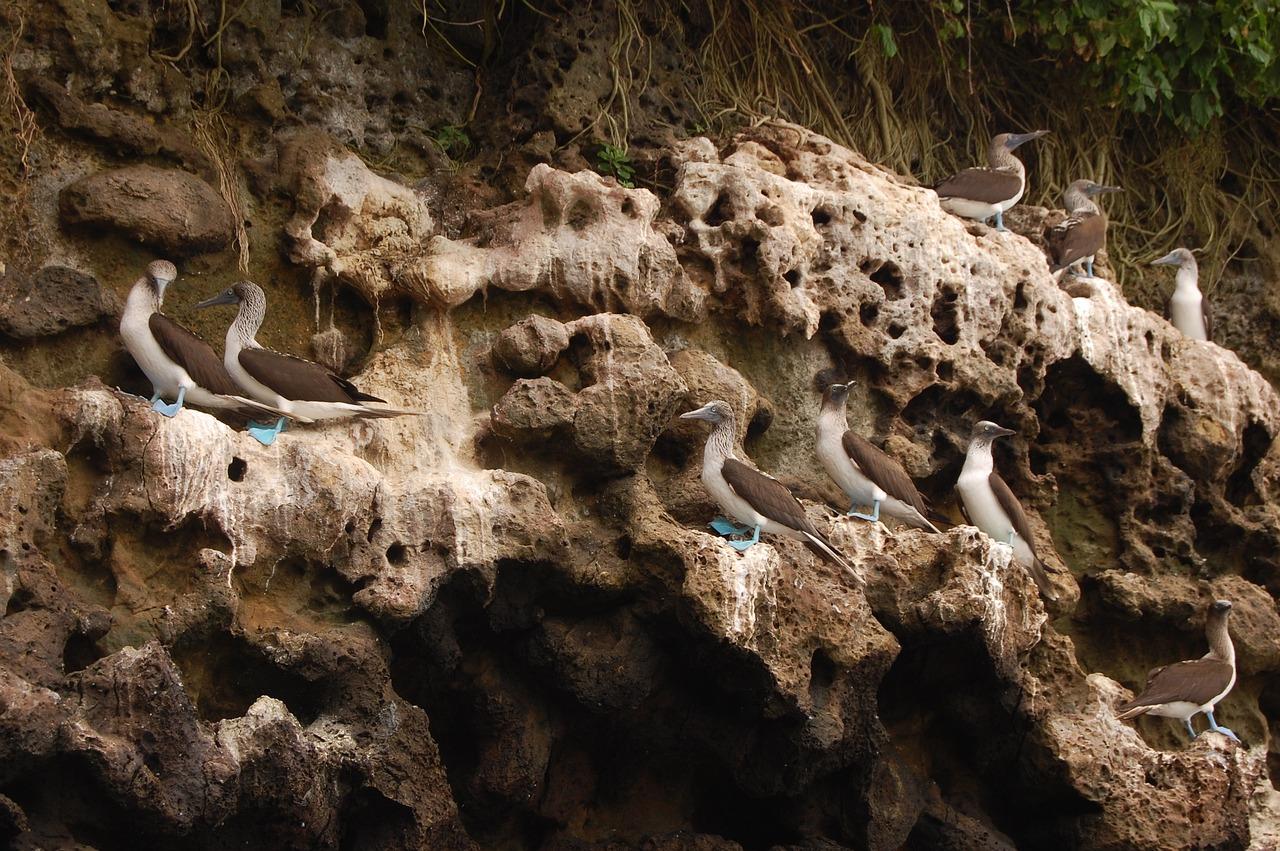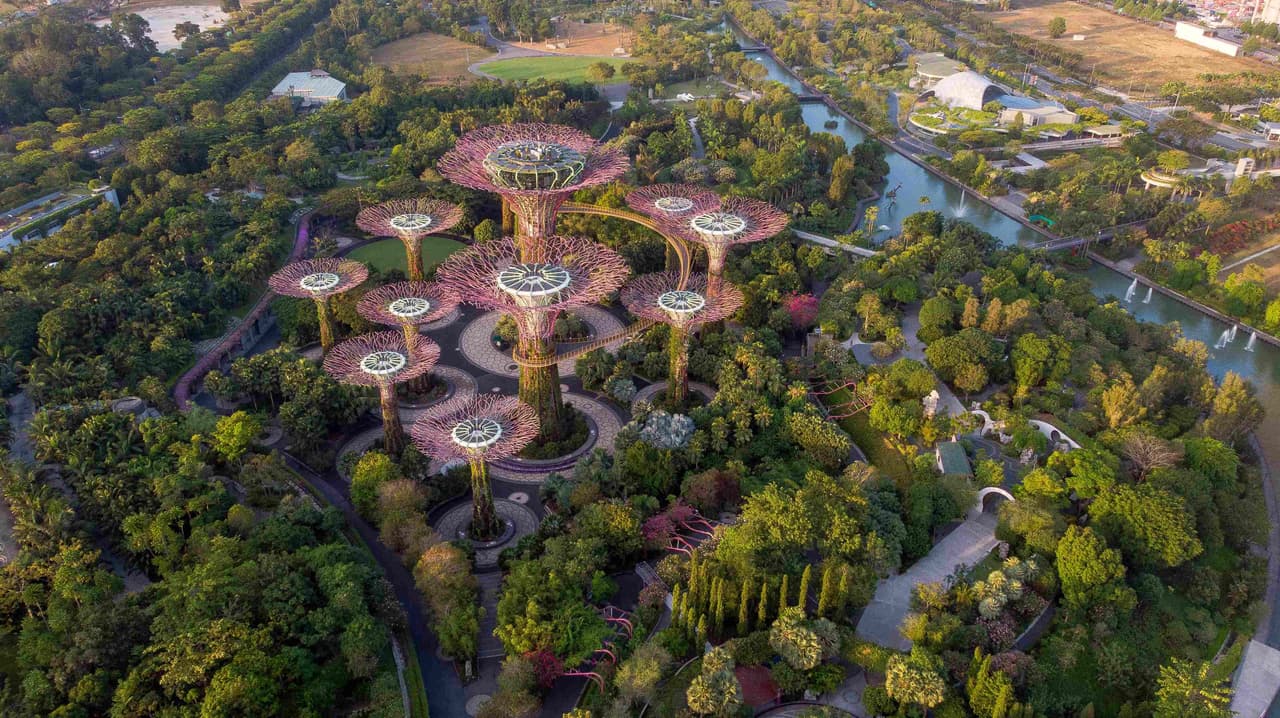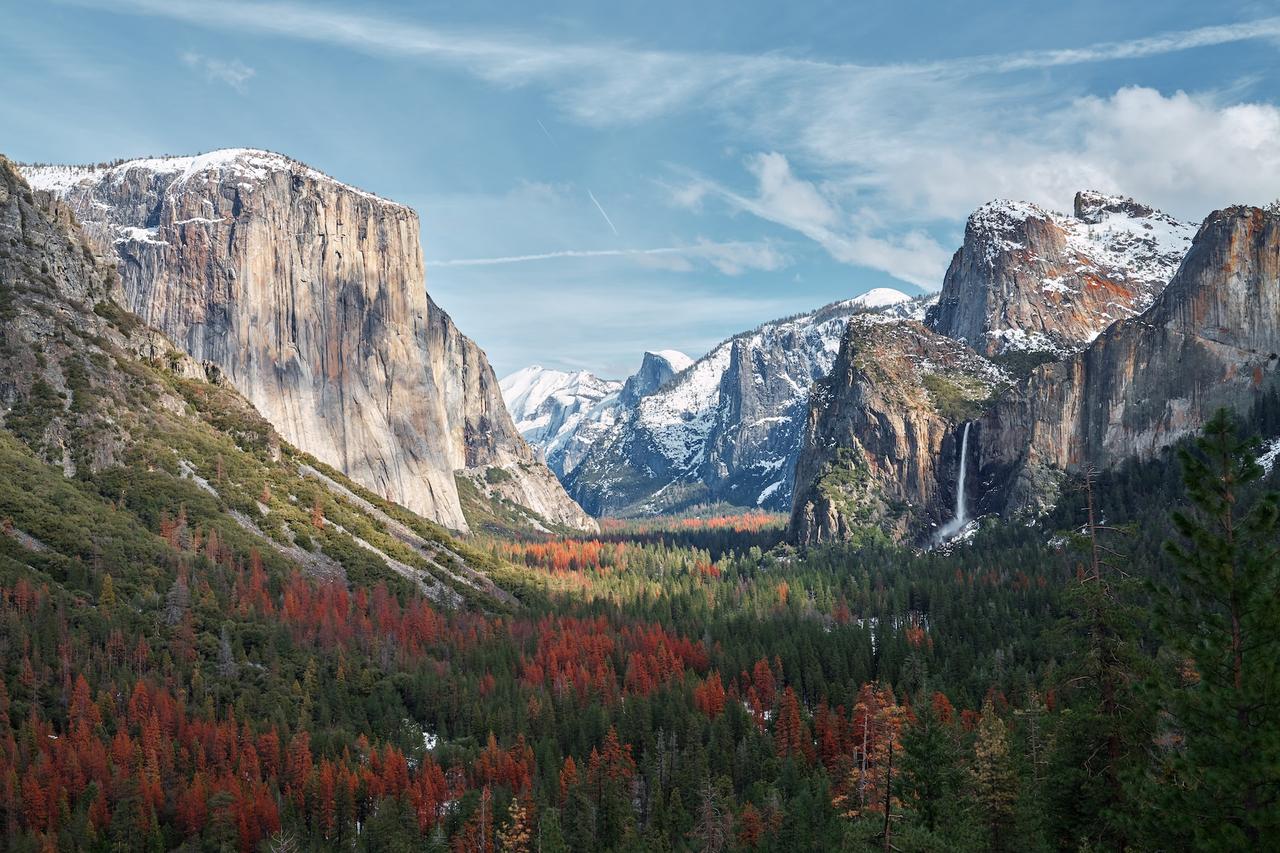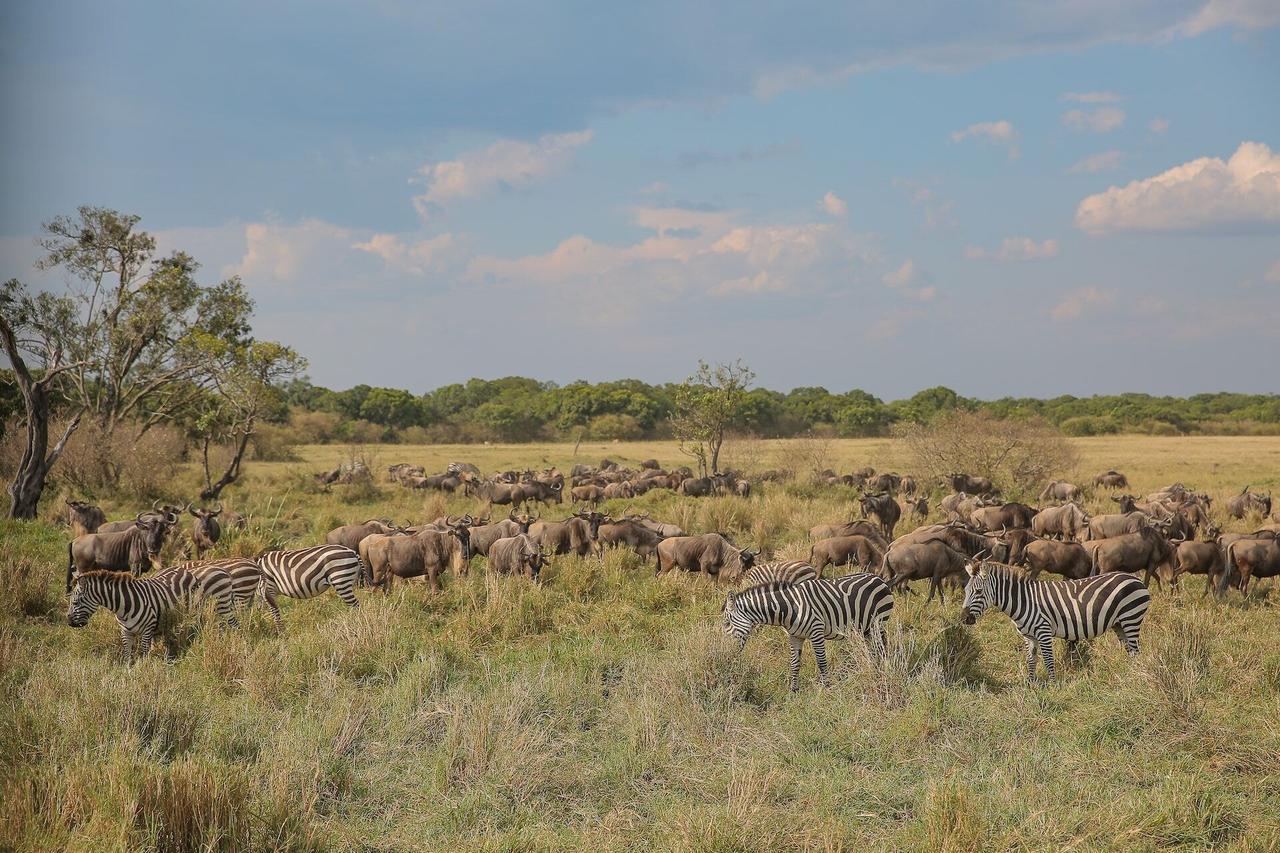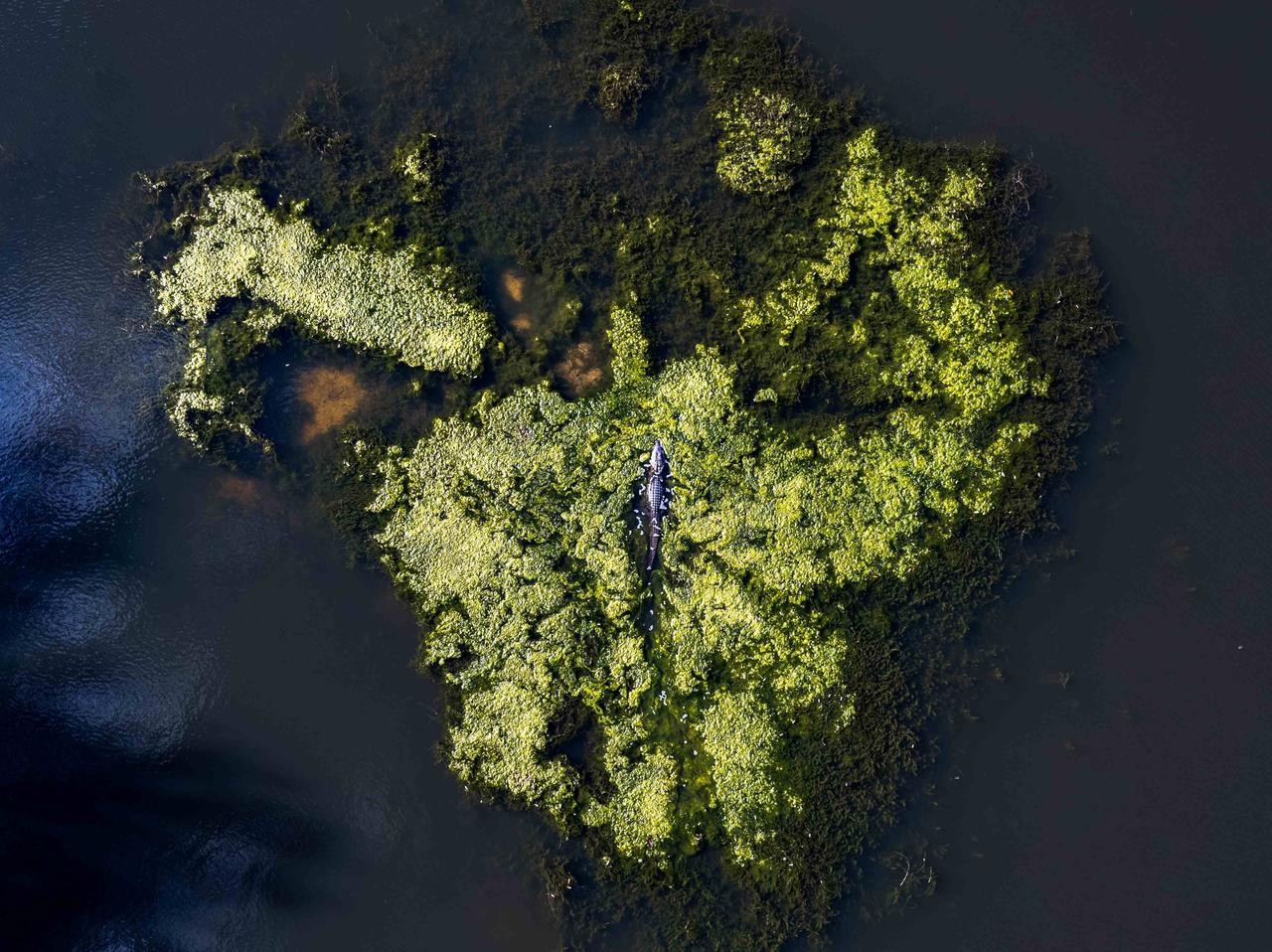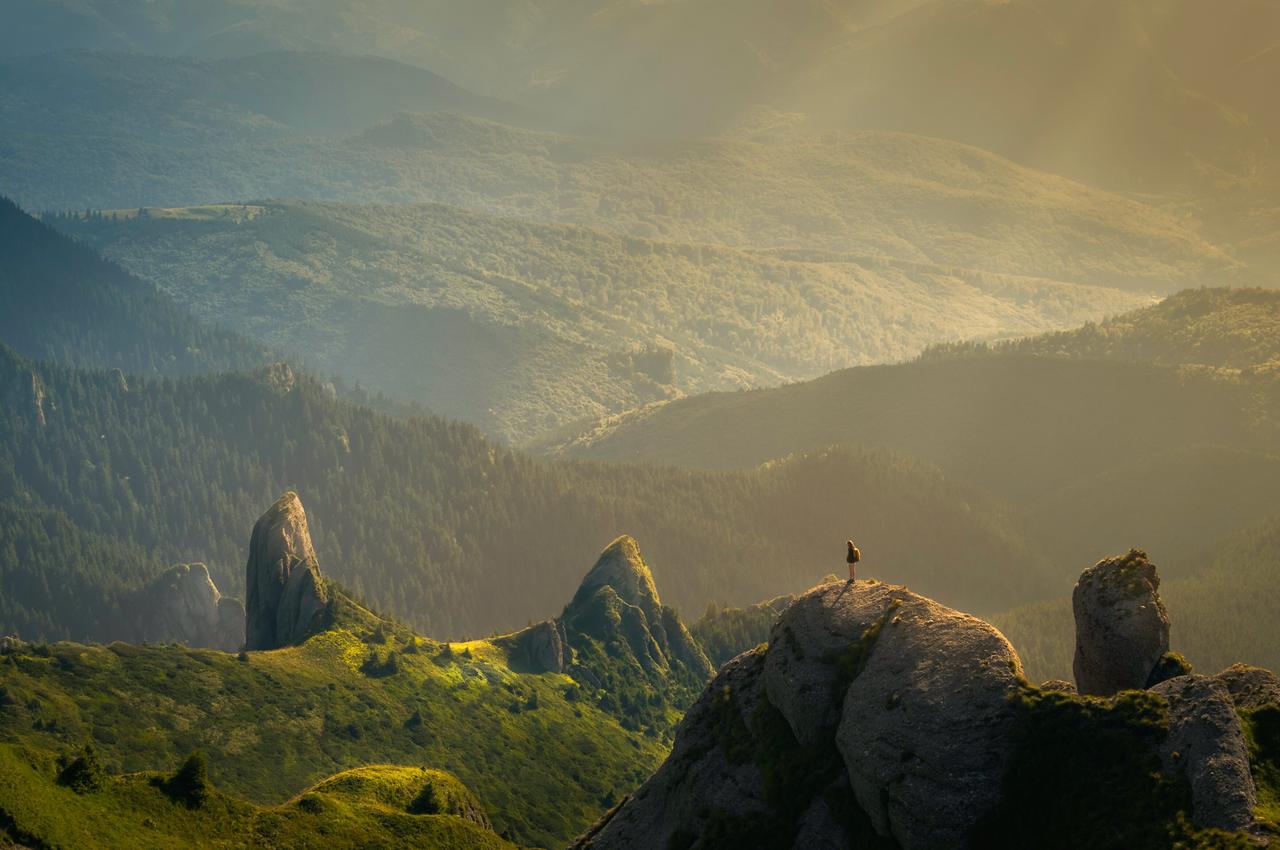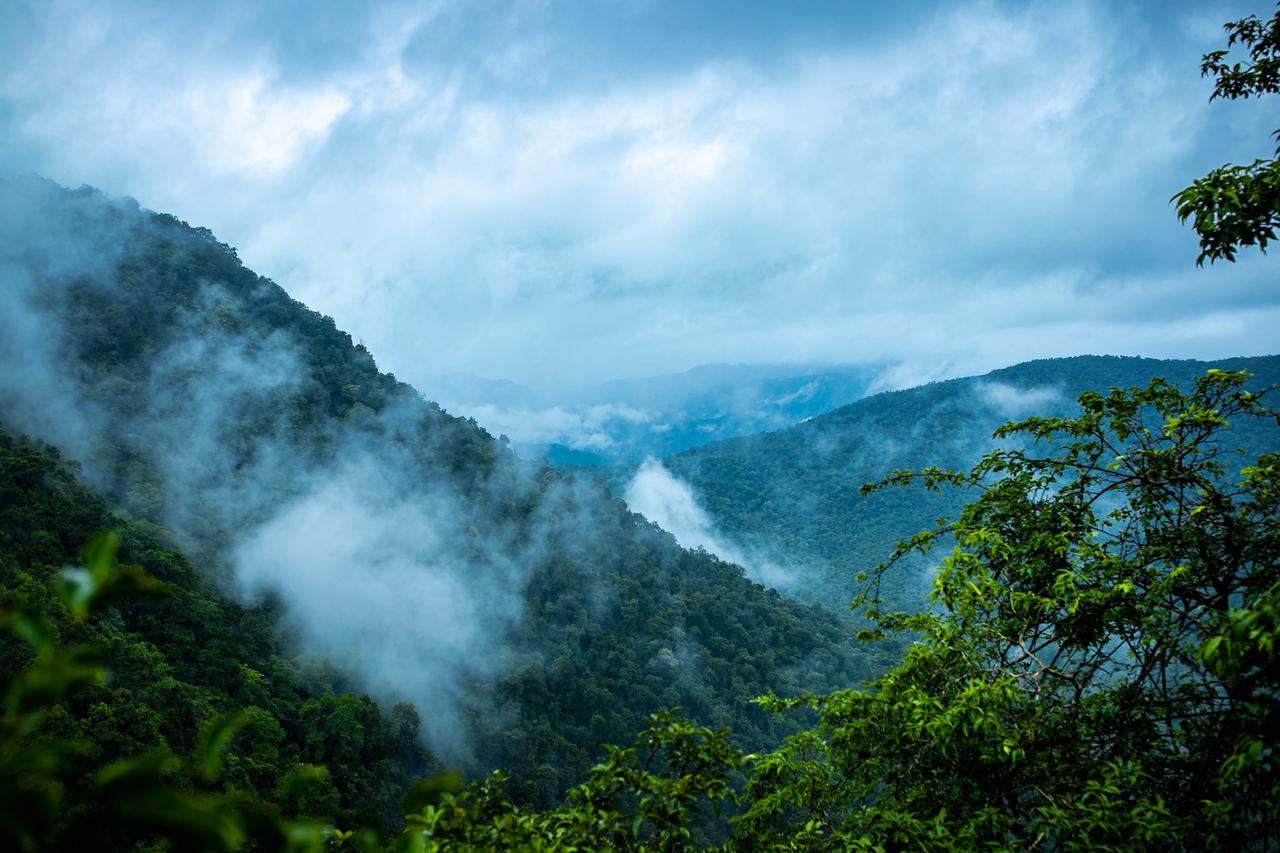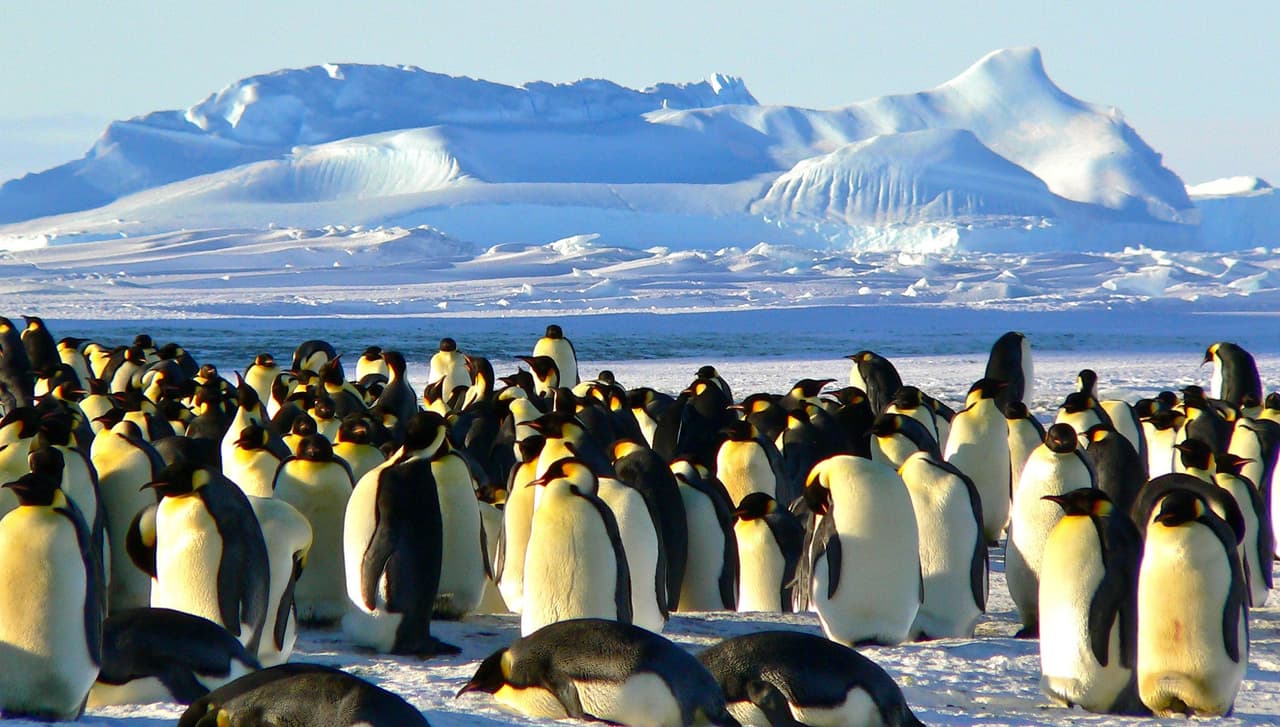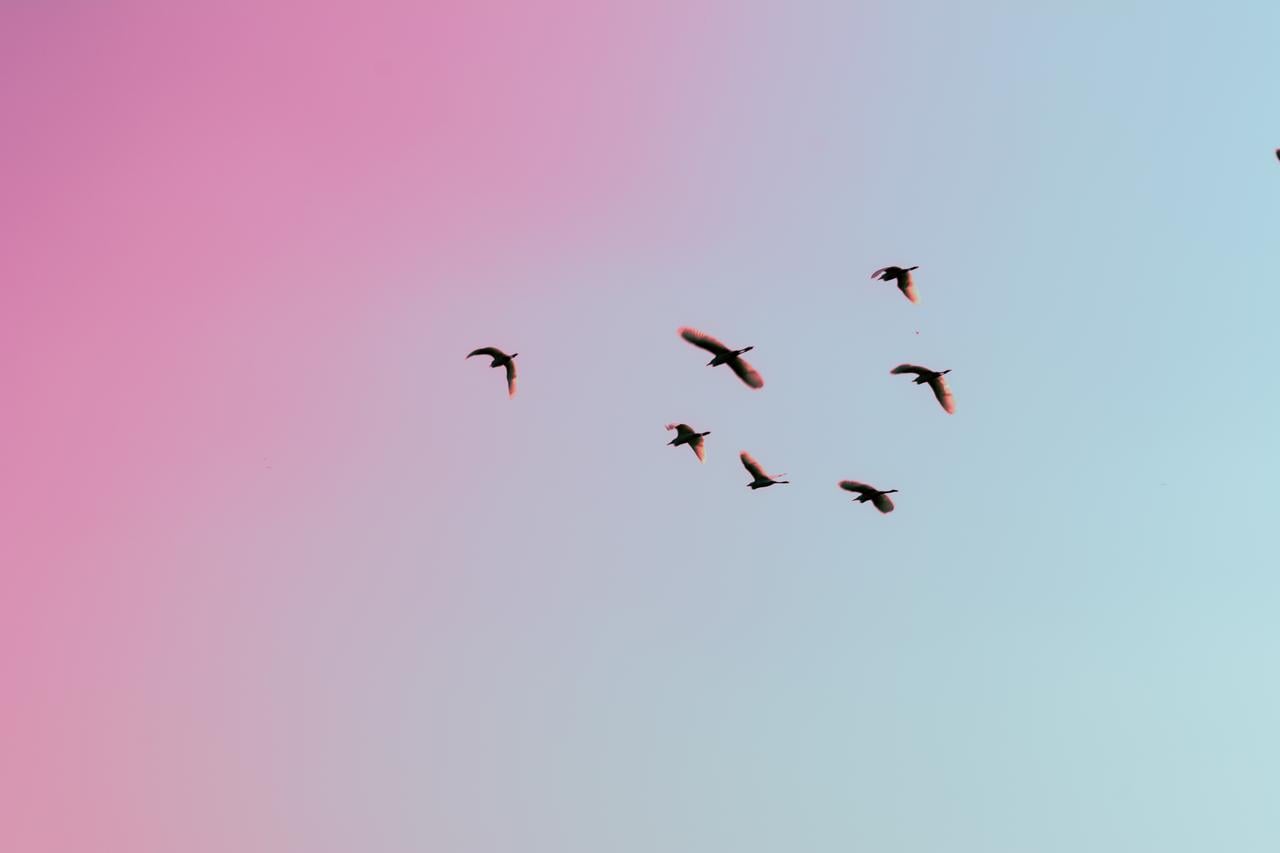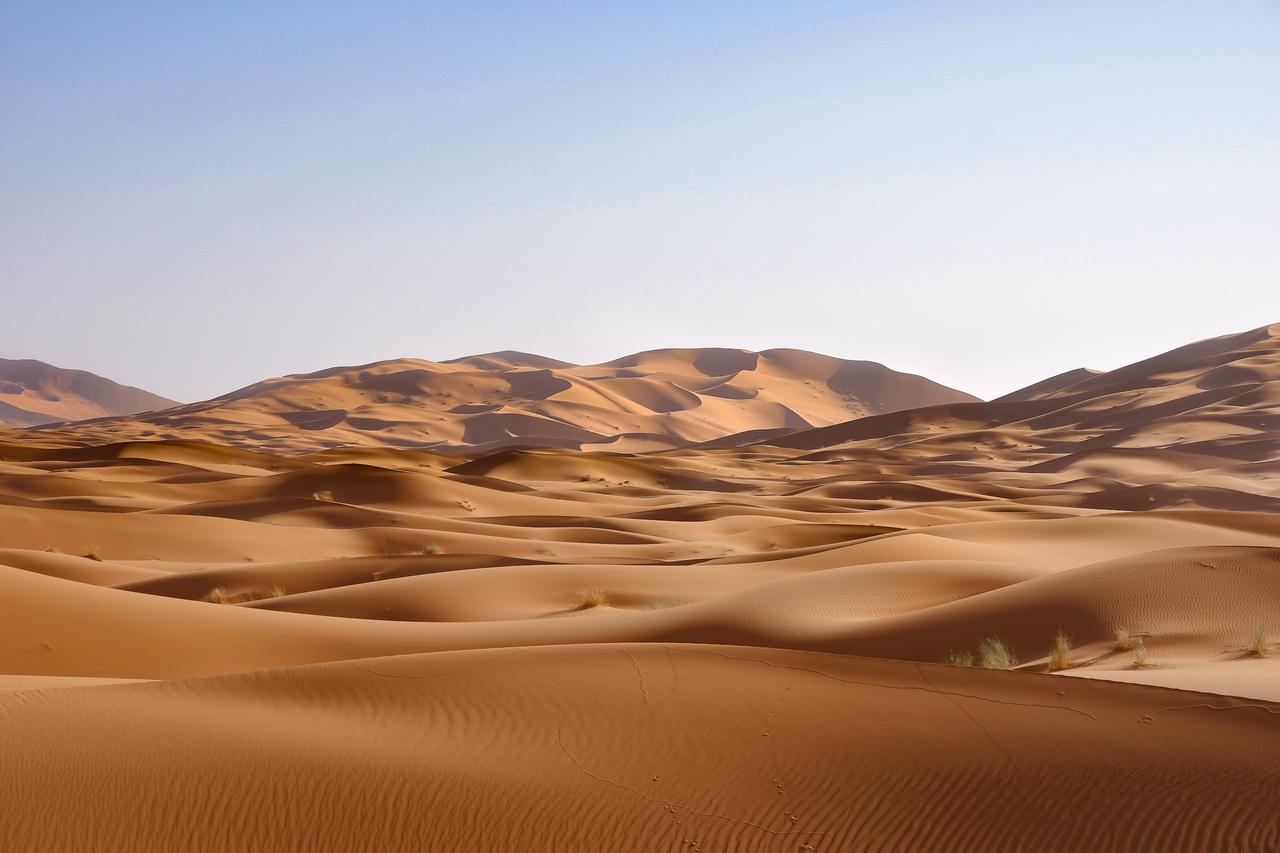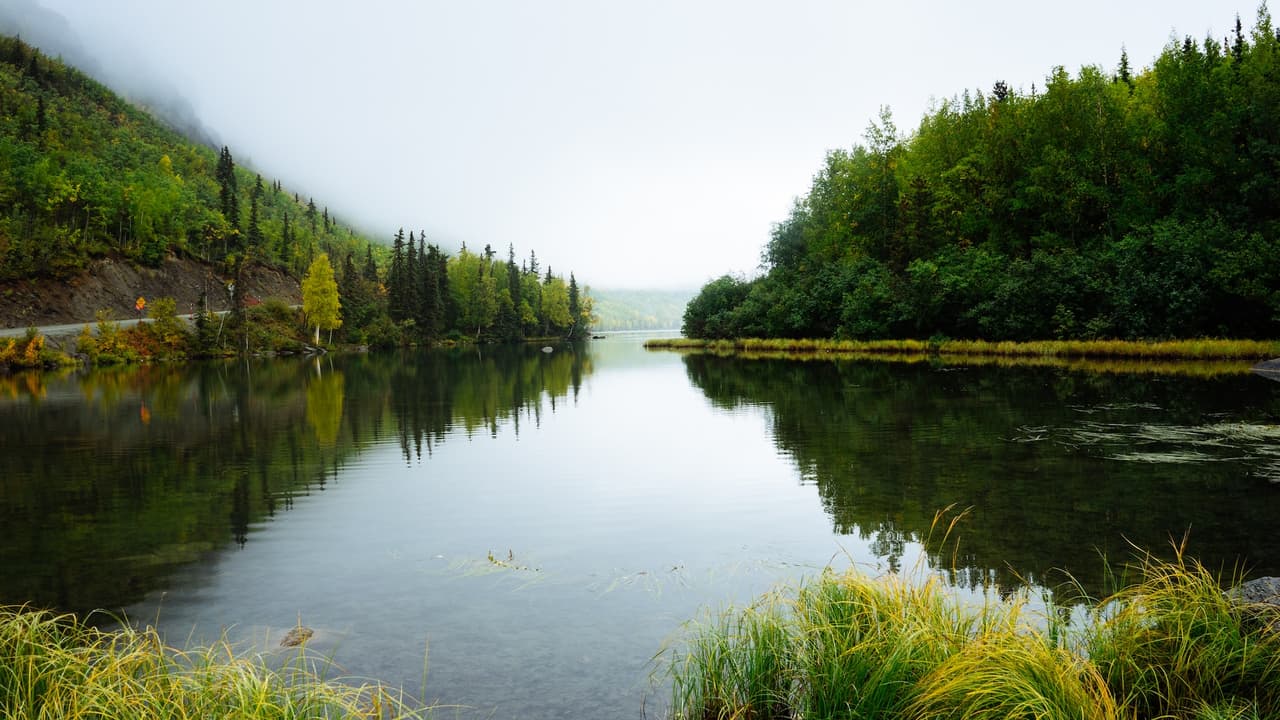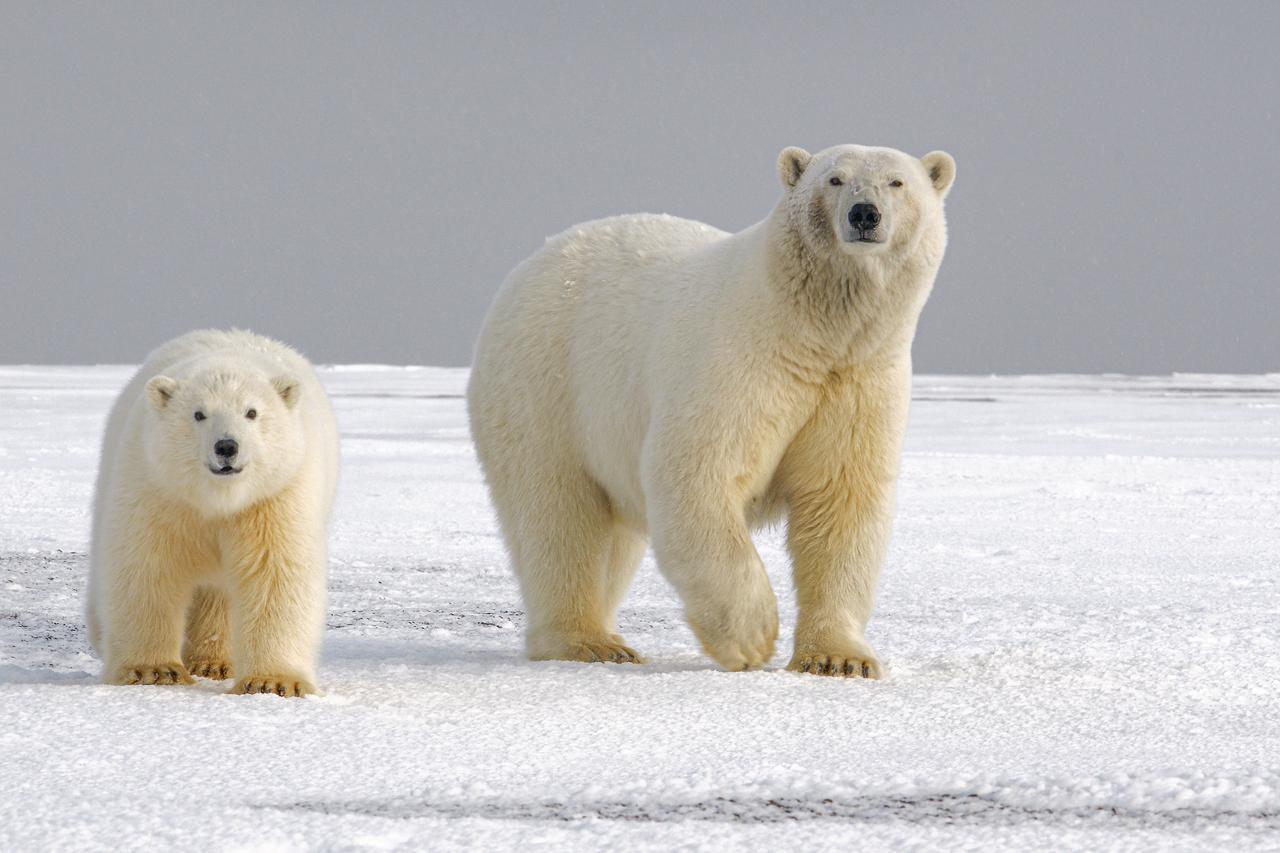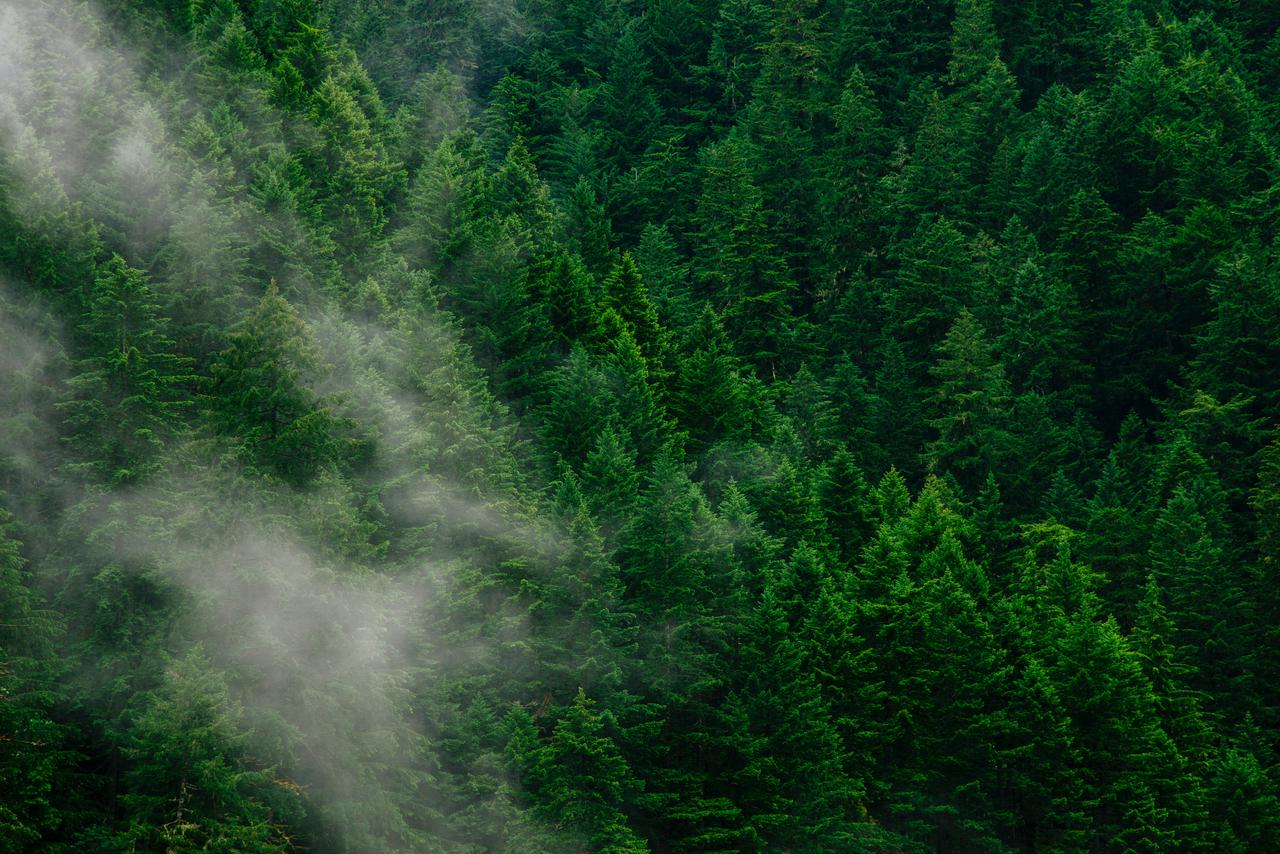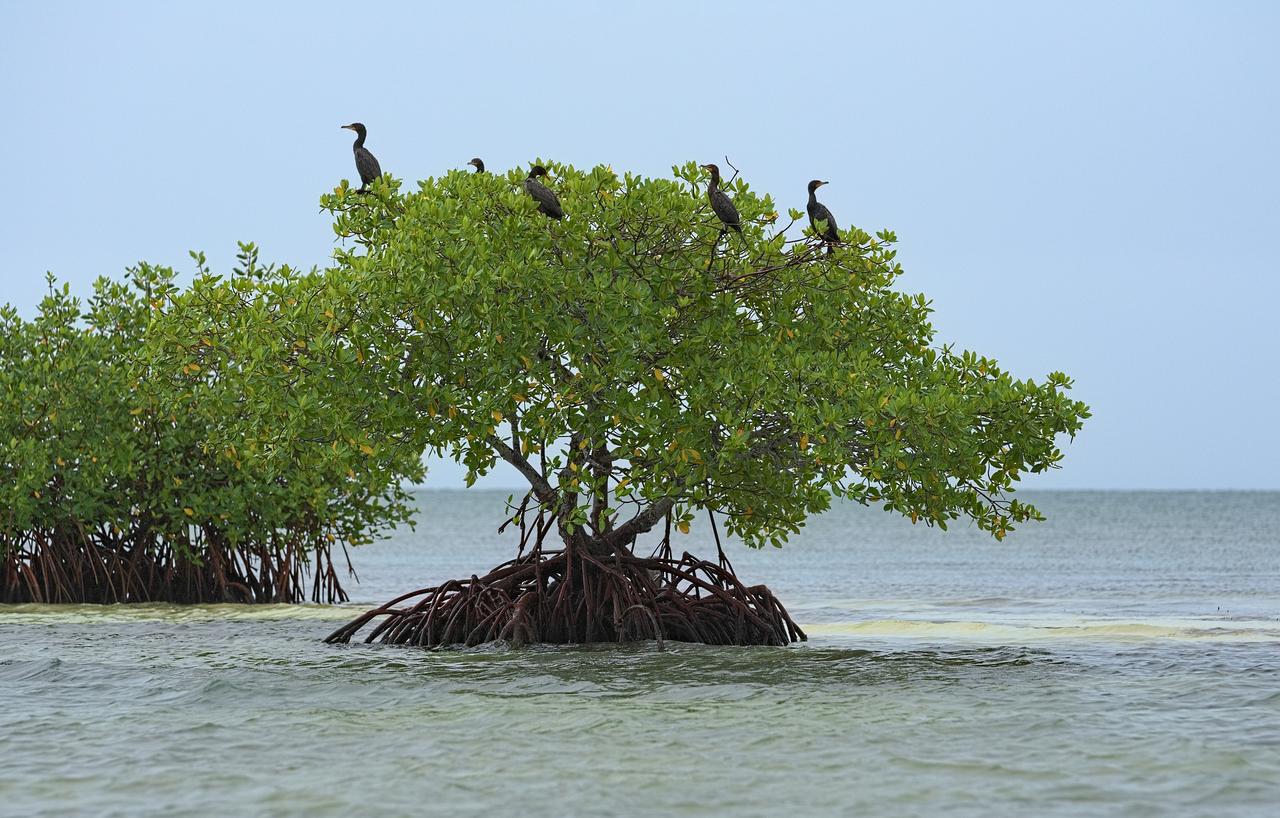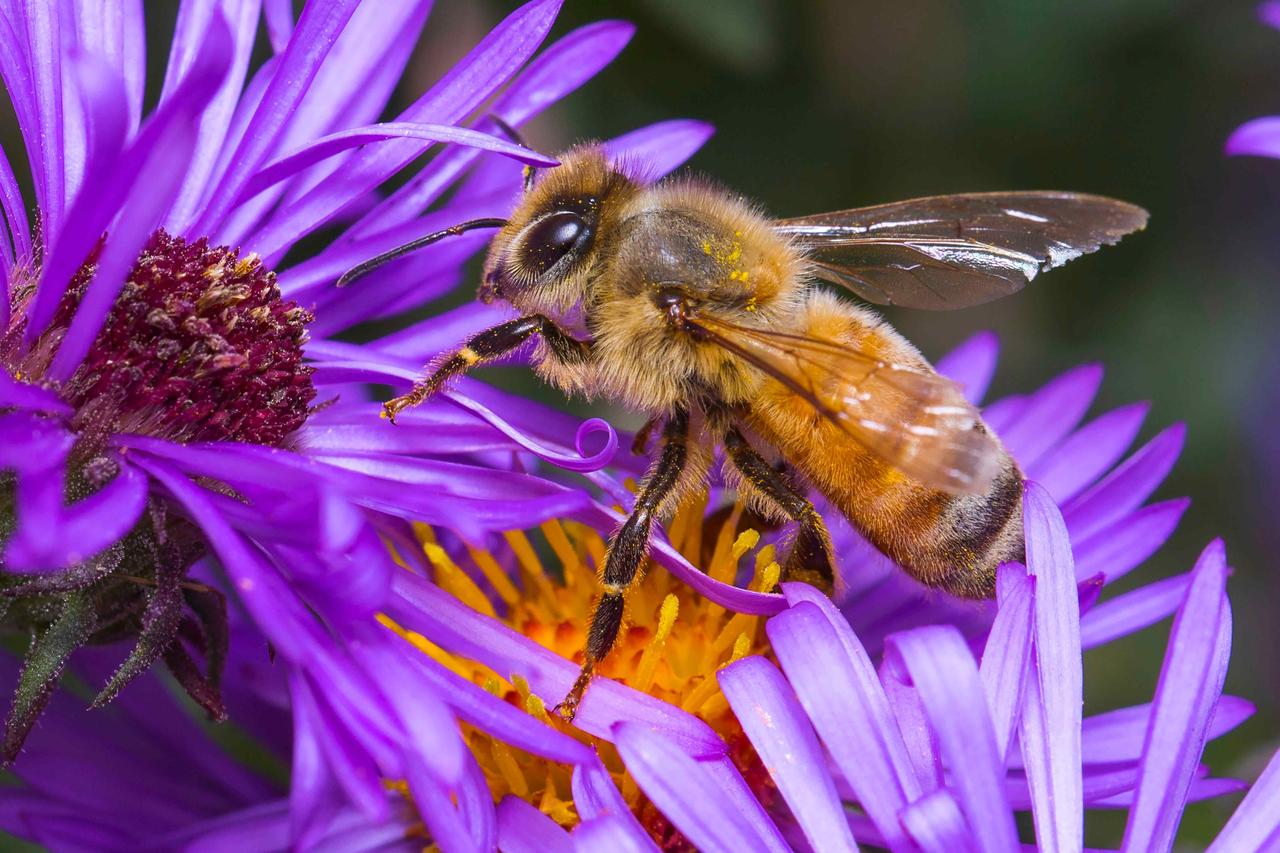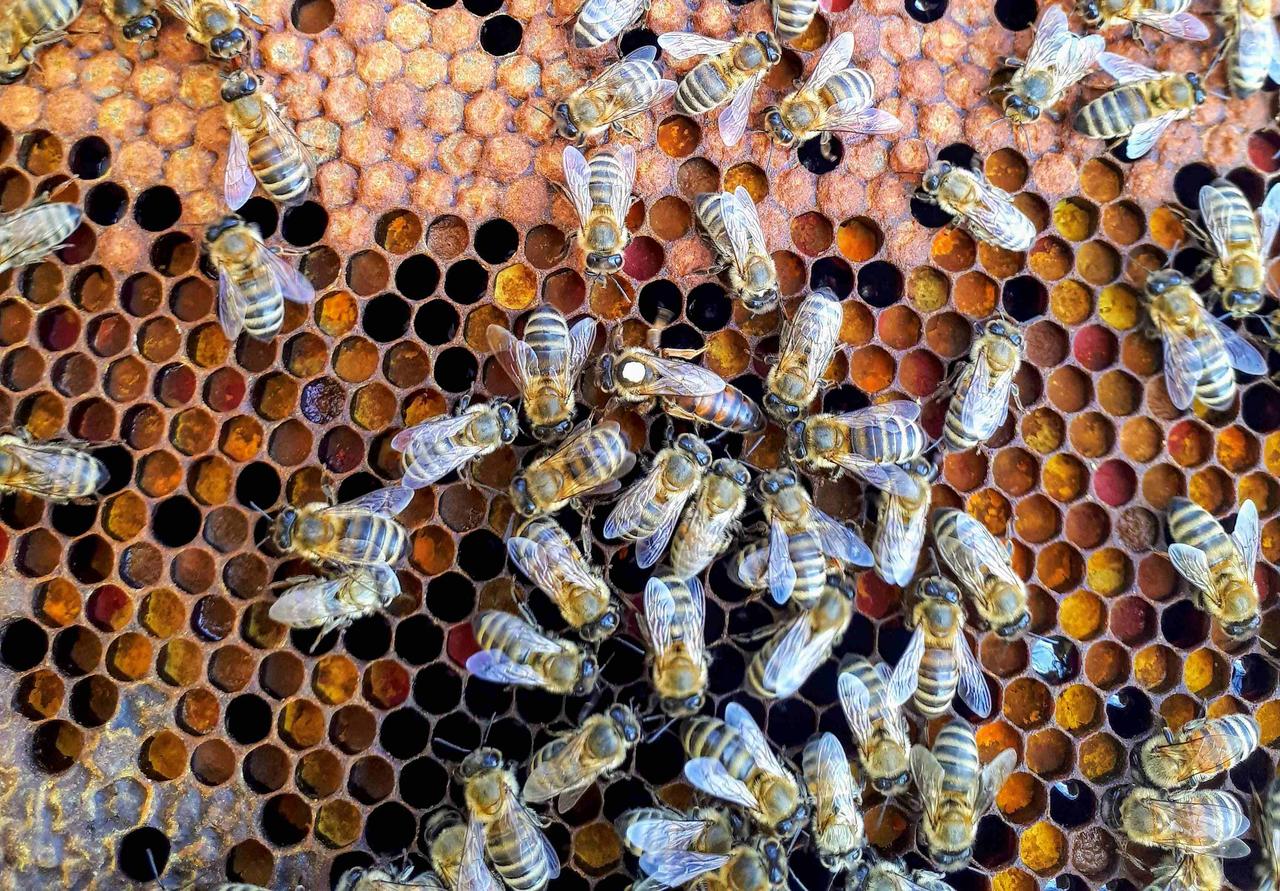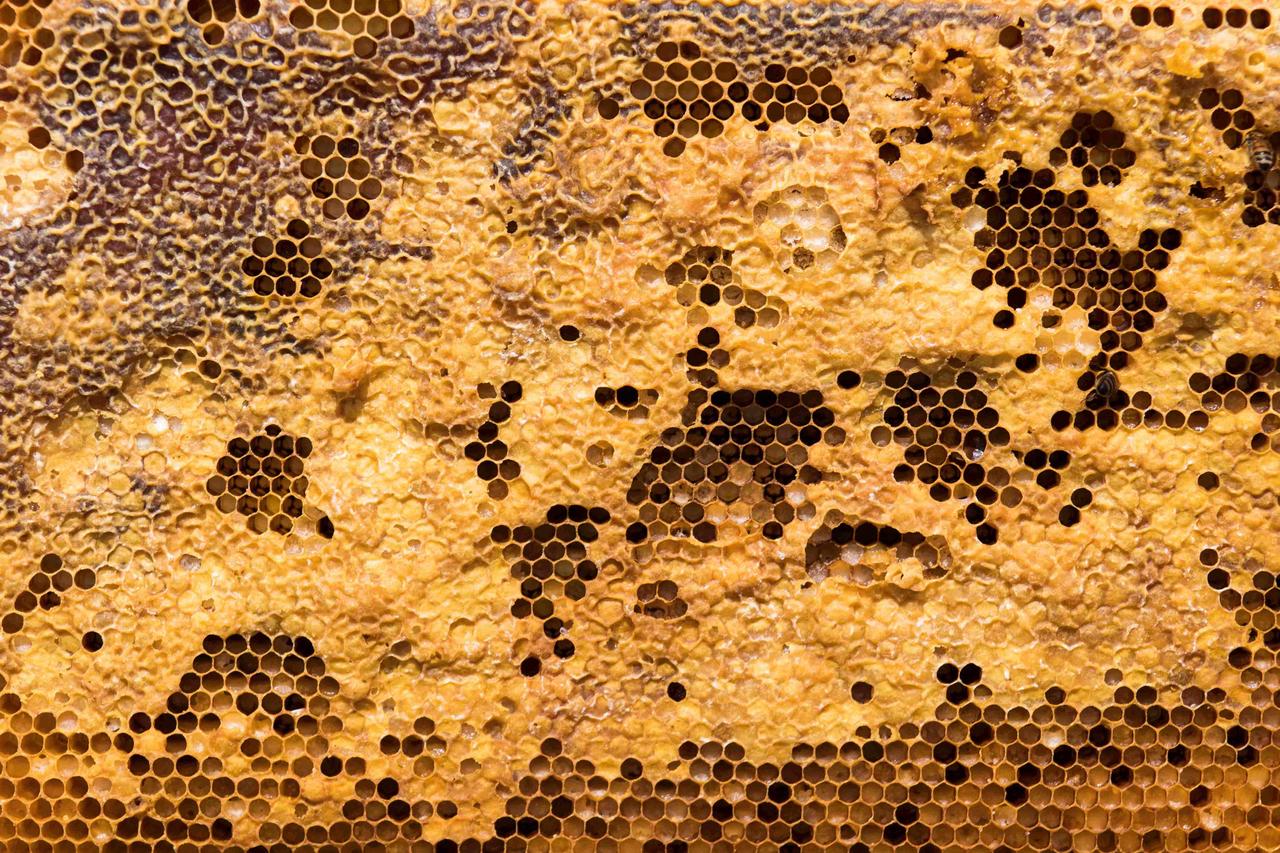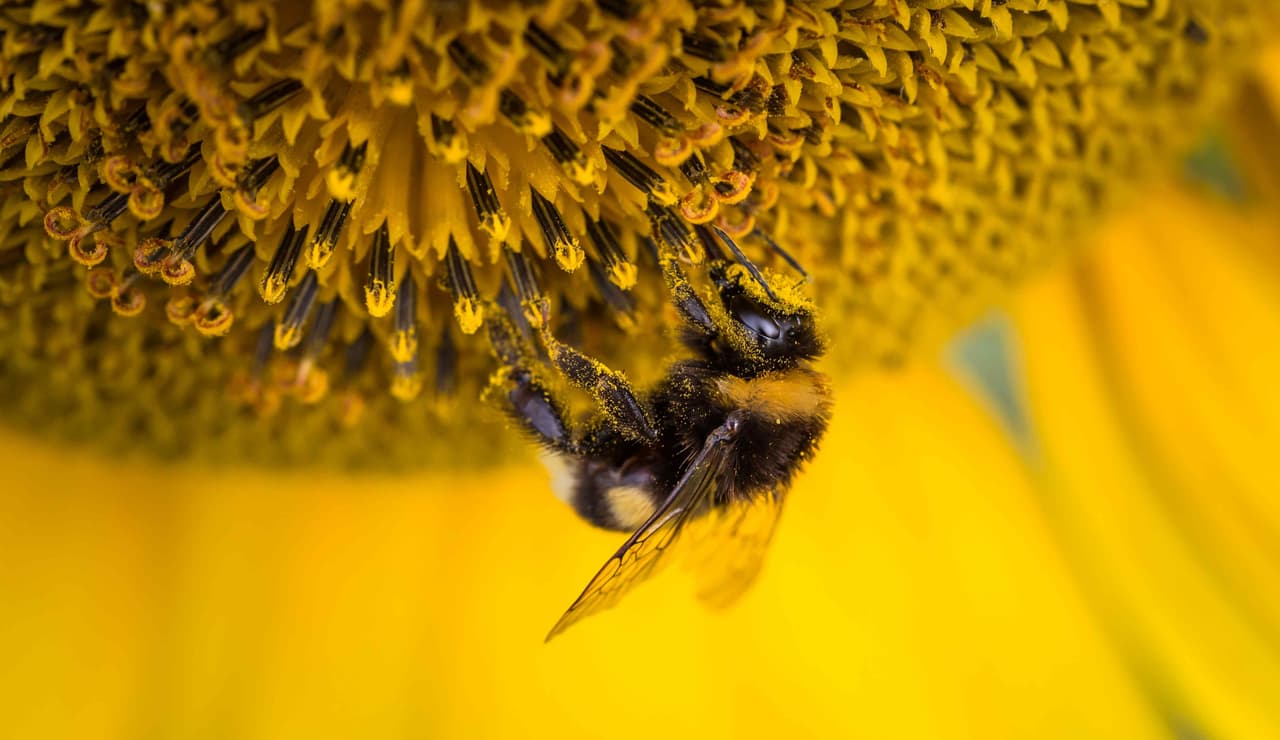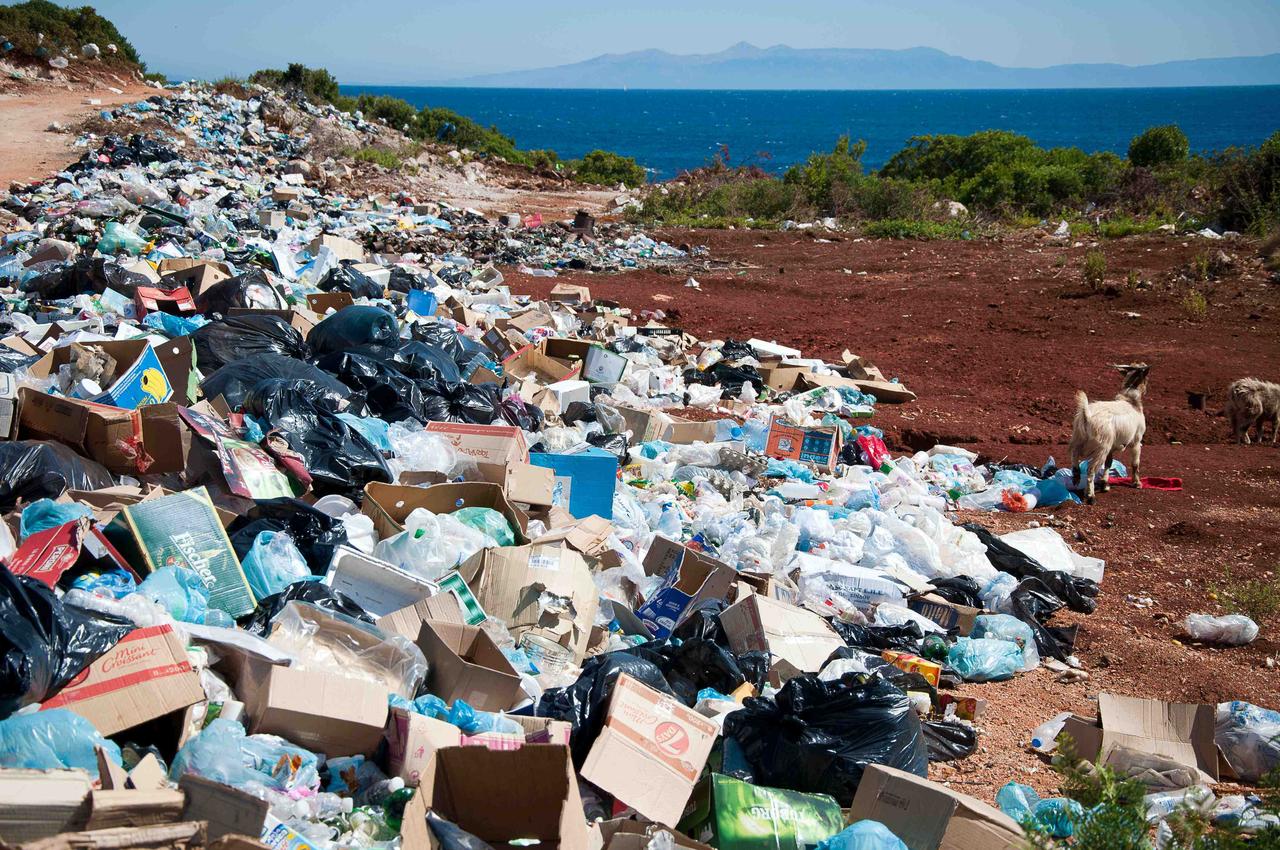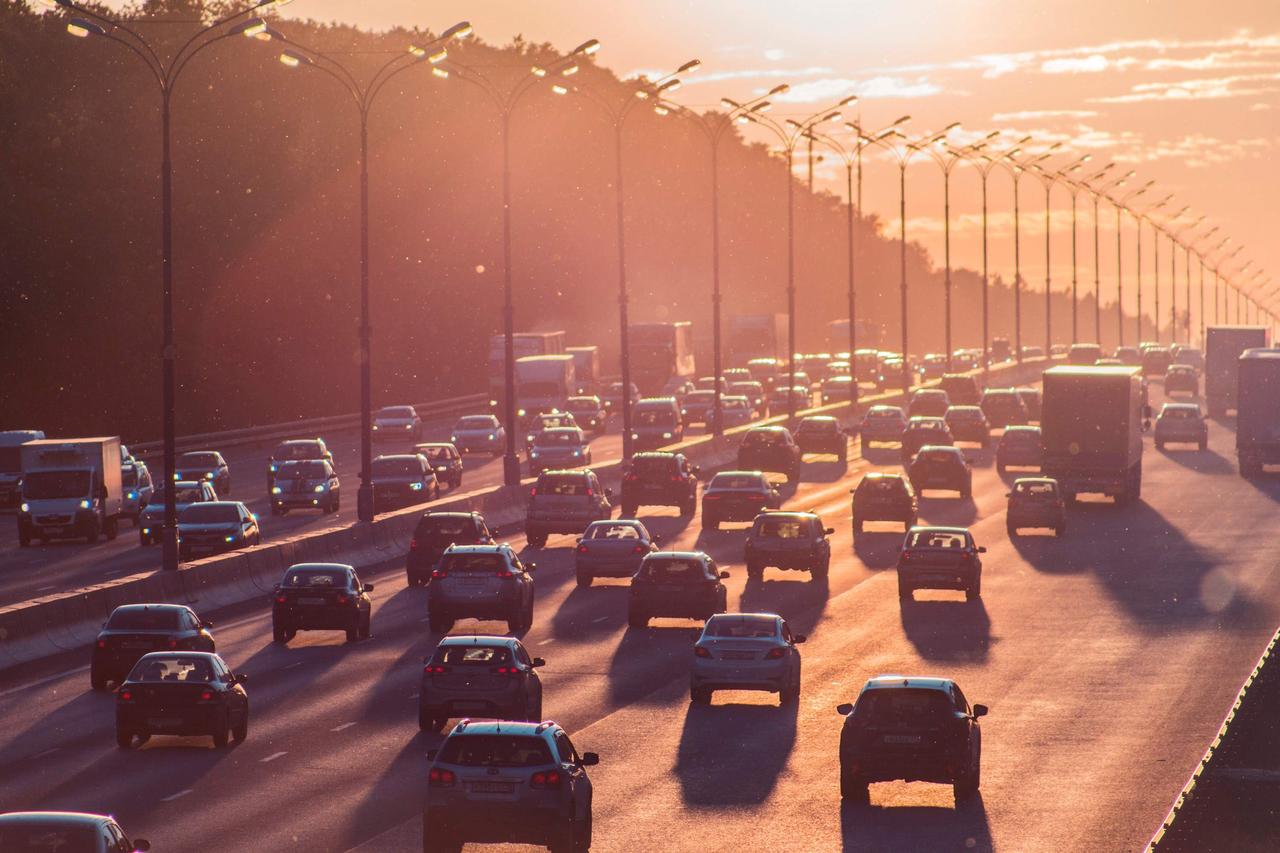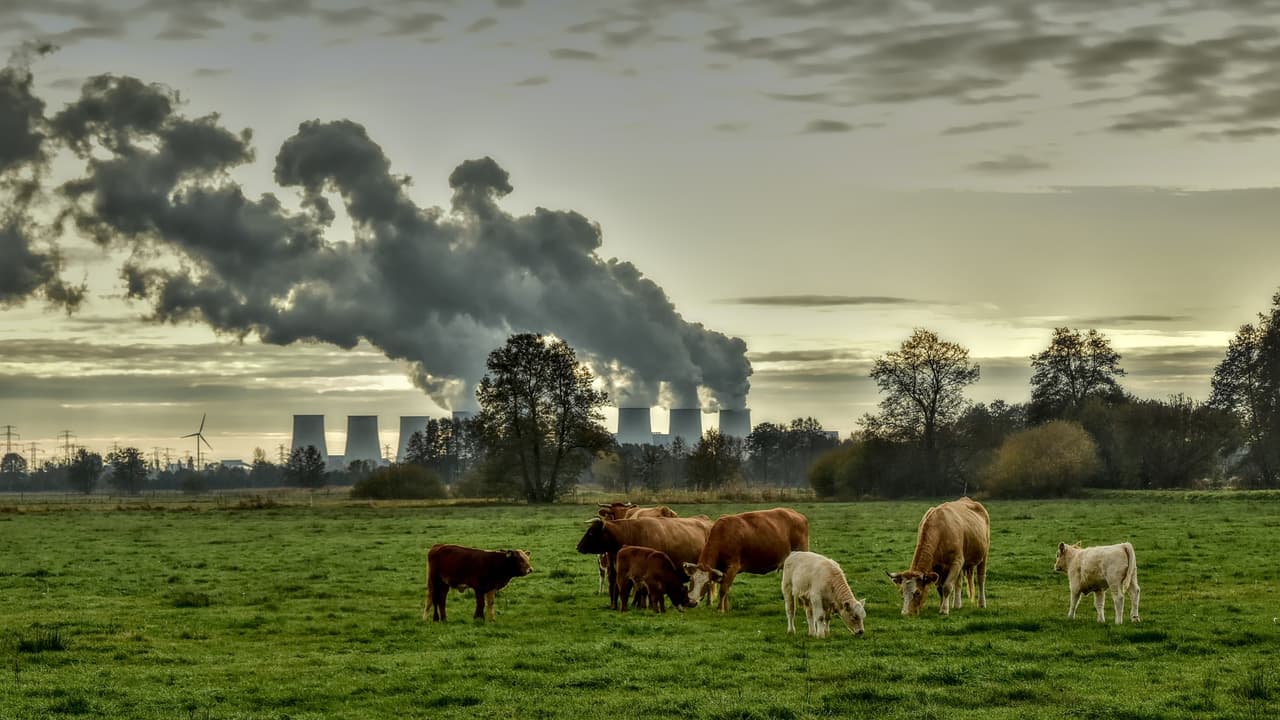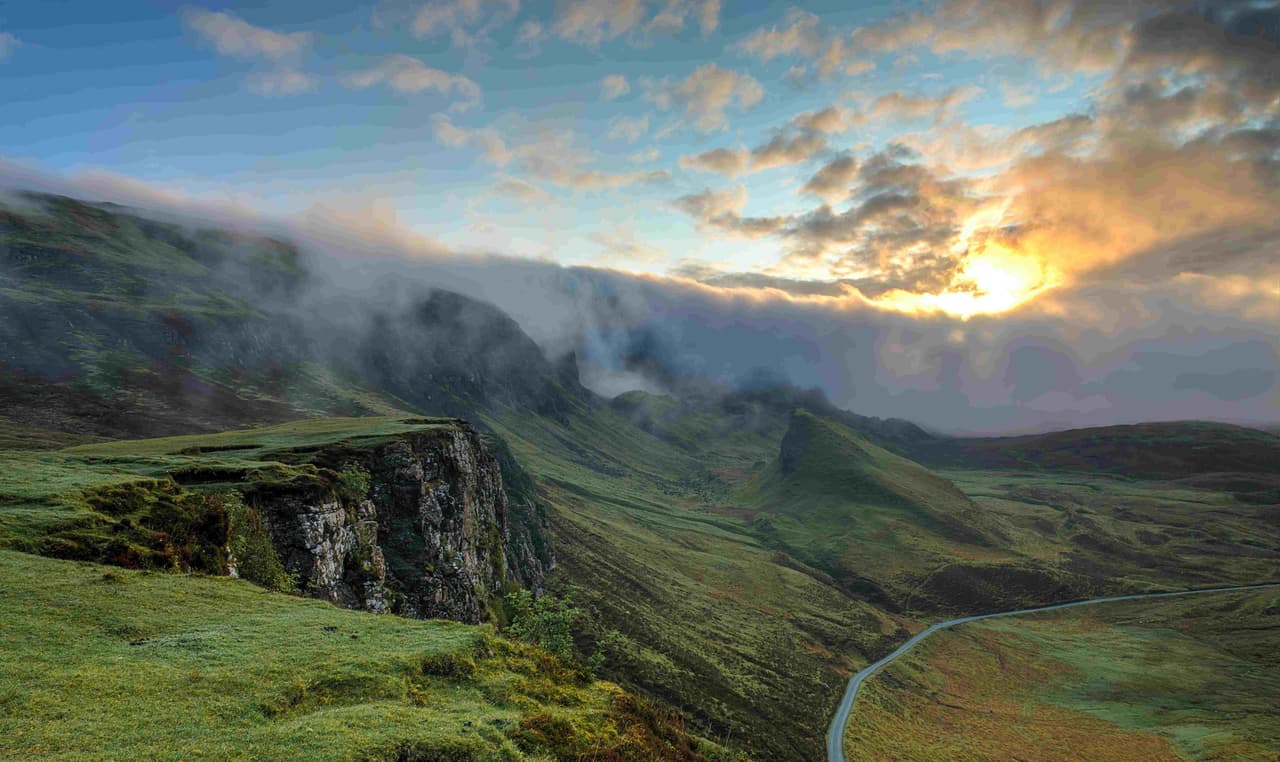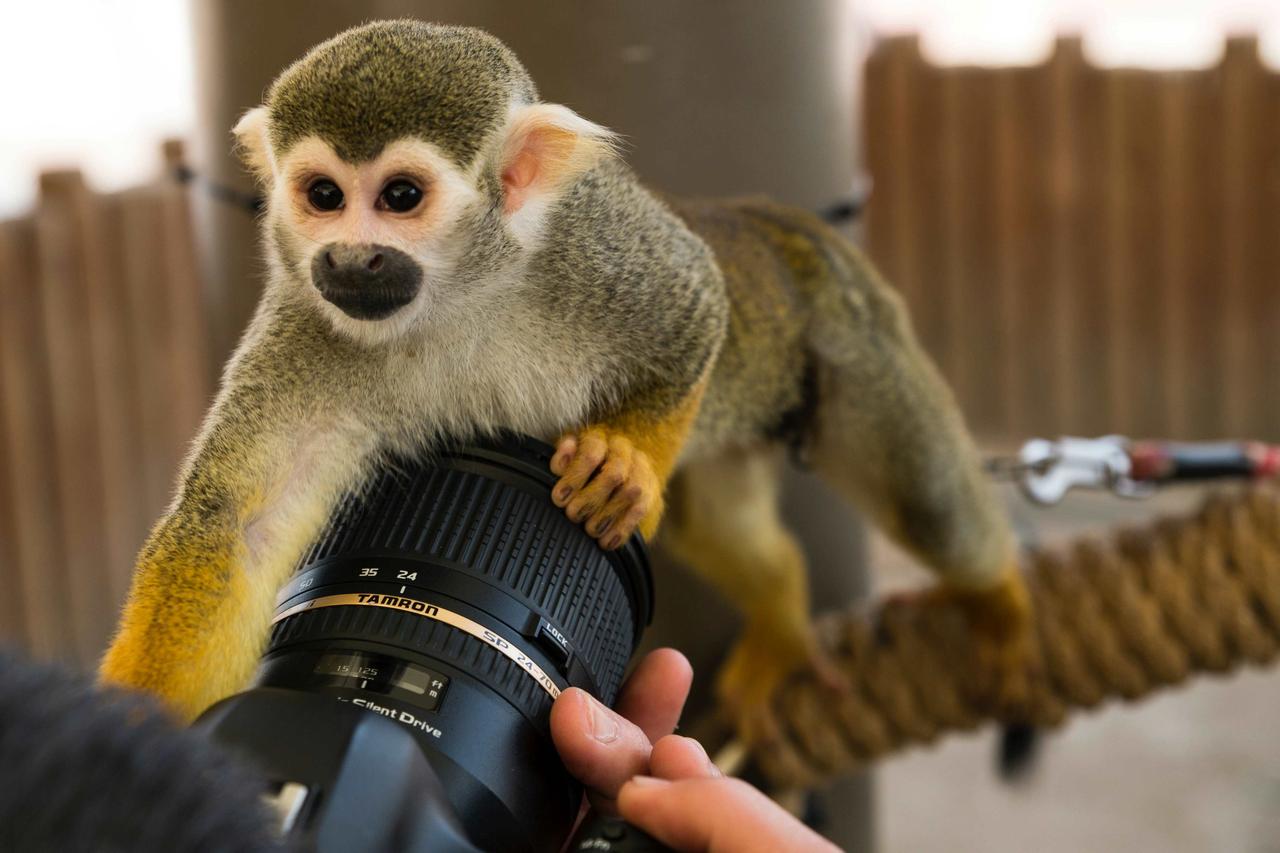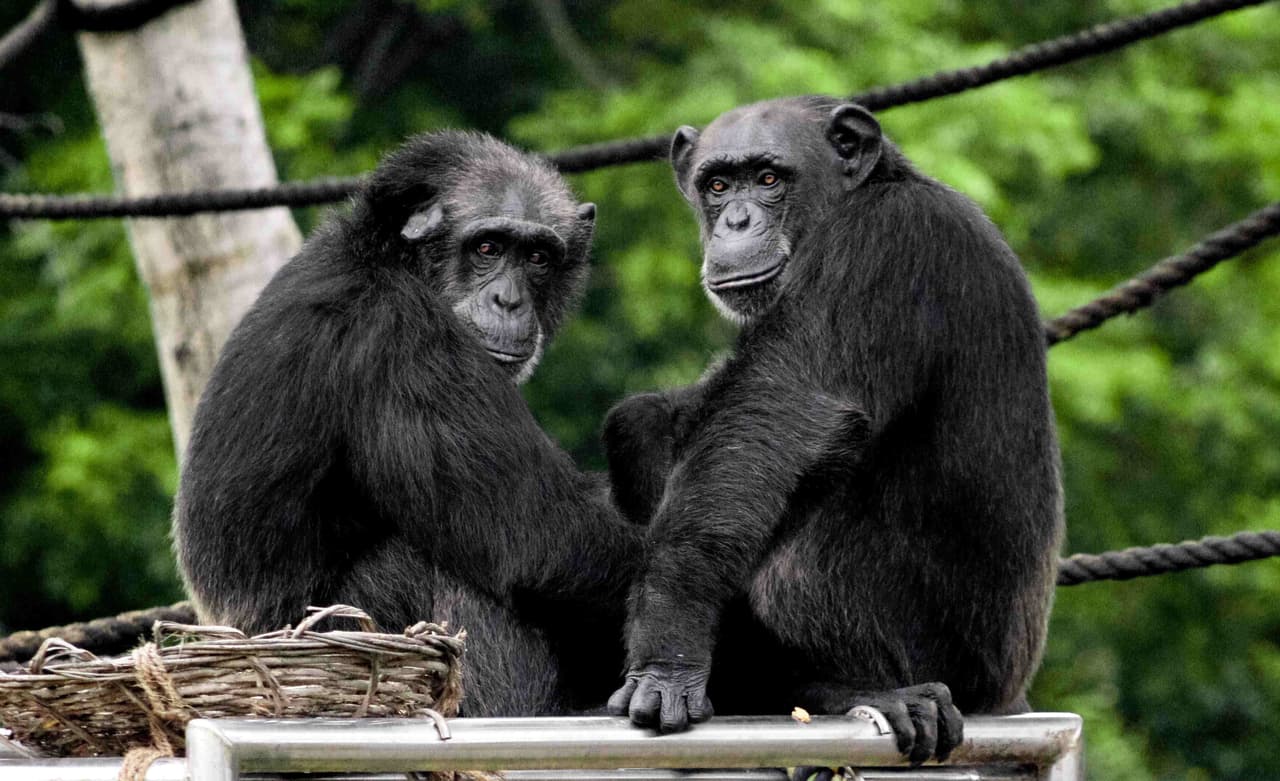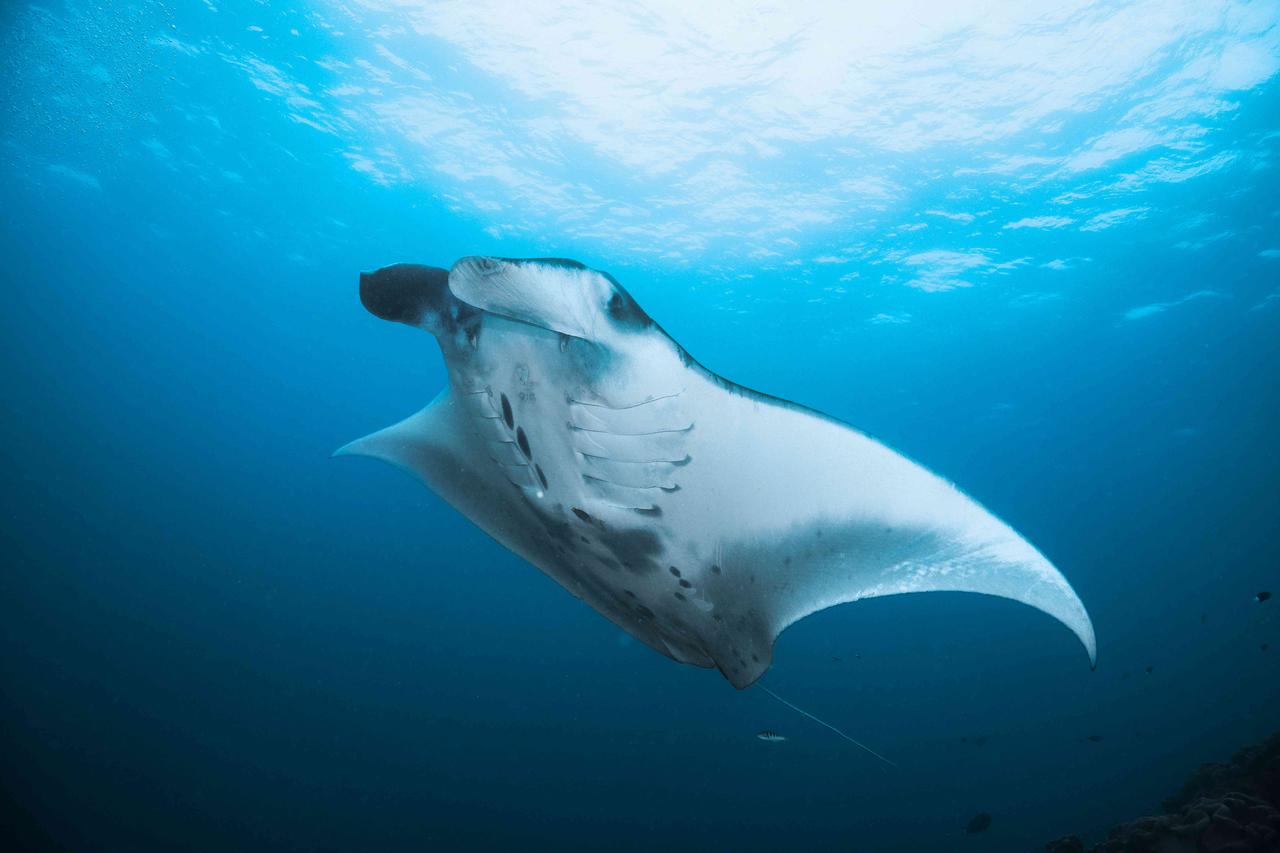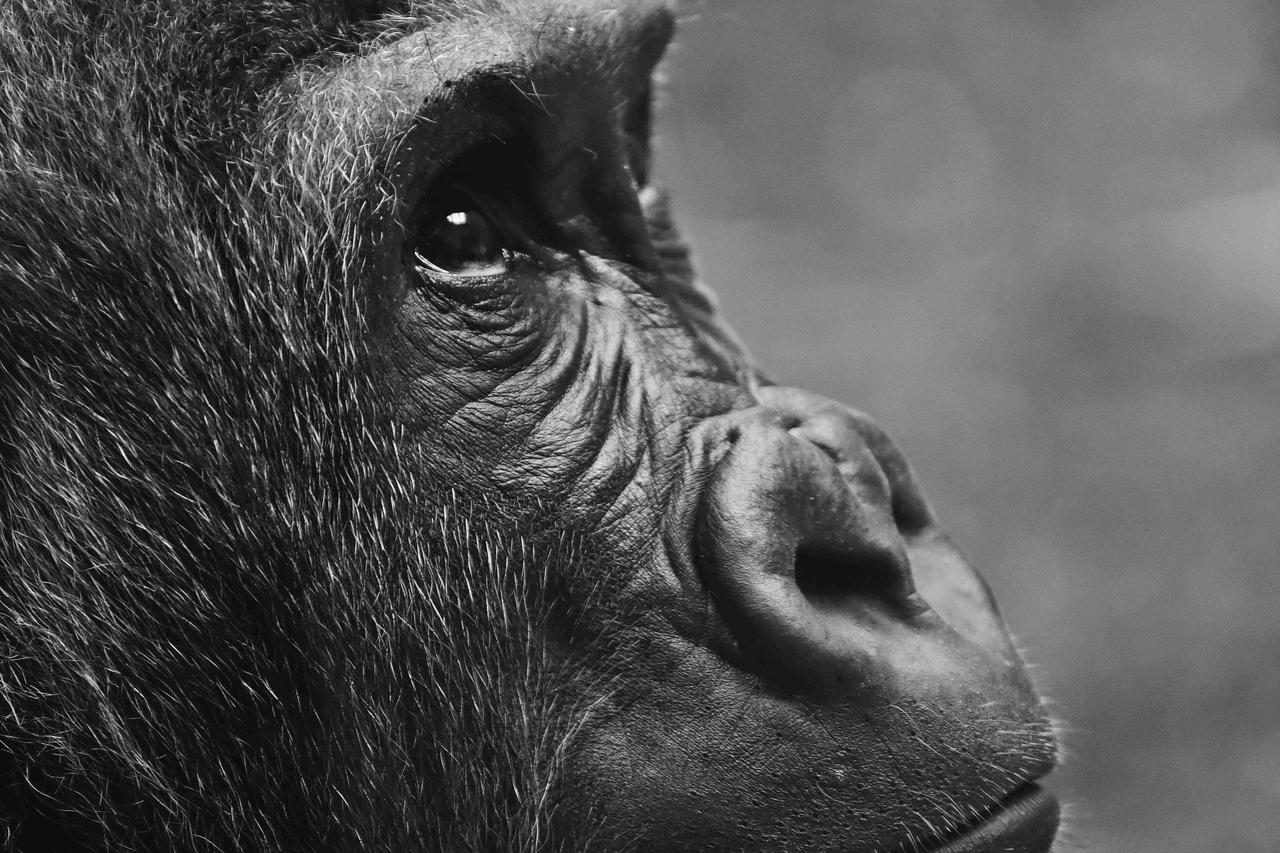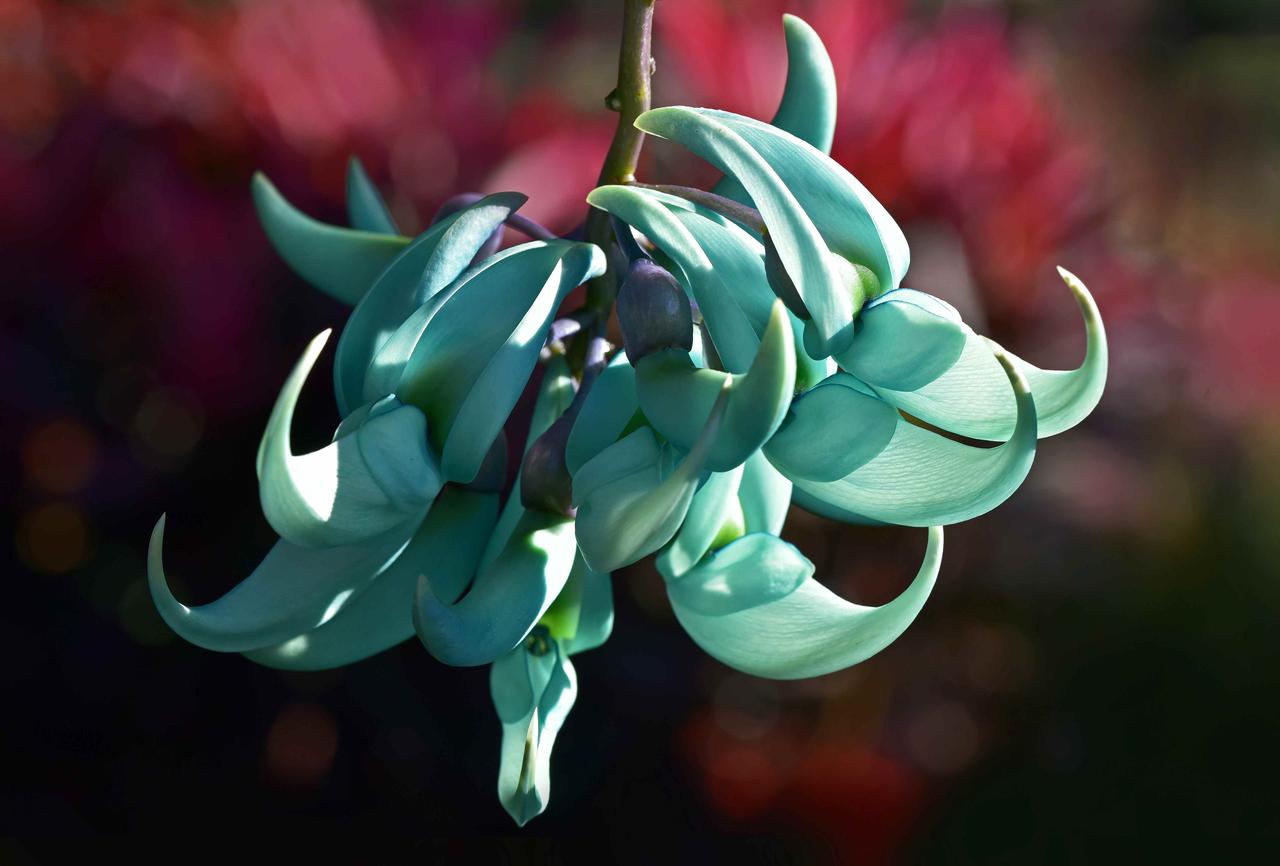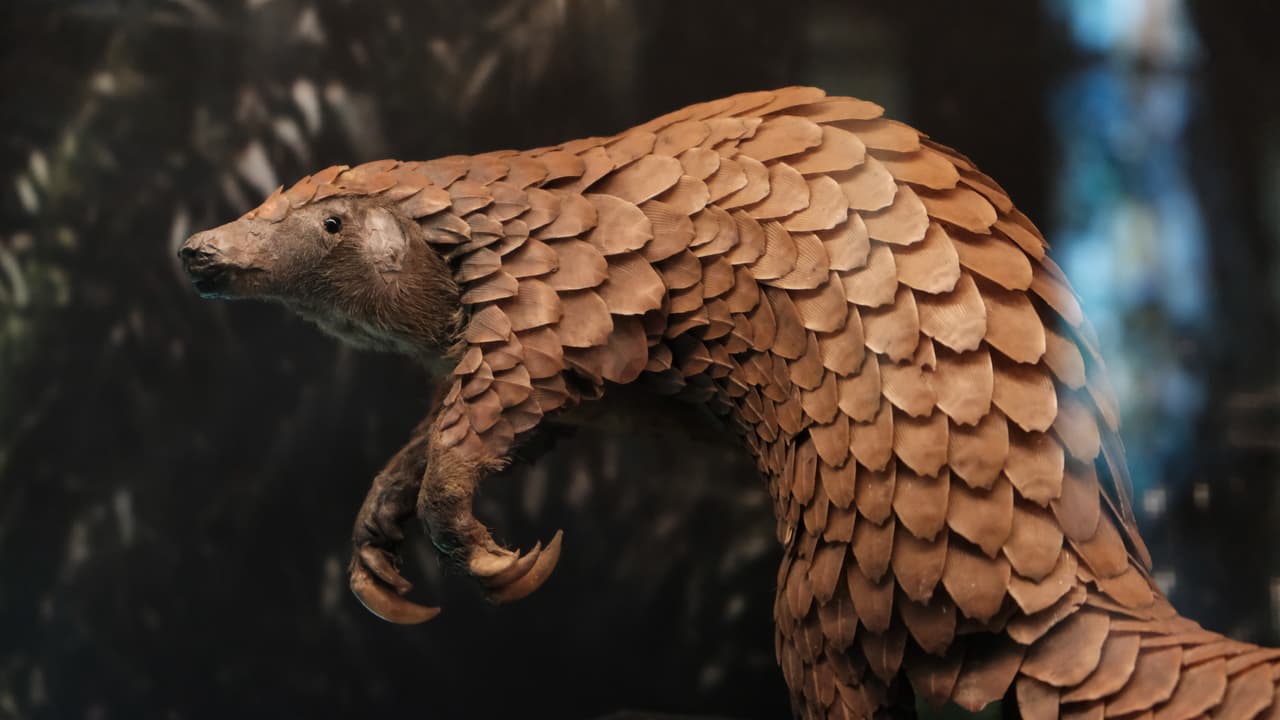
Illegal wildlife trade is one of the world’s largest industry — and one of the main drivers of species decline.
WILDLIFE CONSERVATION DAY is coming up — a day dedicated to the conservation of our planet’s wildlife and wild places. It started back in 2012 by US Secretary of State, Hilary Clinton, to recognize the alarming rates of species decline. This day also brings awareness to the illegal global wildlife trade — a $20 billion dollar industry that impacts nearly one in five land-based animals.
Behind drugs and weapons, wildlife trade (which includes smuggling, poaching, trafficking, capture or collection of endangered species) is the third most lucrative illicit business. Plants, birds, mammals, and reptiles all make up the 100 million trafficked wildlife each year. Ripped from their homes and smuggled in makeshift carriers (toilet paper tubes, suitcase, stockings, bags), only four out of five animals will survive transport or live beyond a year in captivity.
Most Wanted
- Most Wanted Mammal: Pangolin — Up to 200,000 trafficked every year for meat and medicinal use. Pangolins are classified as critically endangered.
- Most Wanted Bird: African Grey Parrot — 21% are poached every year for the pet trade. African grey parrots are classified as critically endangered.
- Most Wanted Water Animal: European Eel — Only 10% of wild stocks are left but 100 tons are smuggled each year to Asia. European eels are classified as critically endangered.
- Most Wanted Marine Reptile: Turtles — 44,400 marine turtles are exploited each year. Nearly all species of sea turtles are classified as endangered.
- Most Wanted Plant: Orchid — Make up 70% of all species trafficked each year. Three out of four orchids are classified as endangered.
Life After Trade
Despite wildlife trade being regulated by the UN’s Convention on International Trade in Endangered Species of Wild Fauna and Flora (CITES), the illegal wildlife trade is sweeping. Even after illegally traded wildlife is seized, little data can confirm what actually happens to these animals. Sometimes, these species are funneled back into secondary crimes or kept in captivity without proper expertise.
For this reason, we have to be the voice of the traded species stripped of theirs. By supporting organizations taking on wildlife trade with bold initiatives and interventions, you could help precious BIODIVERSITY stay as it was always meant to be — wild.
Let’s KEEP EARTH WILD. Donate with VAKOVAKO.

